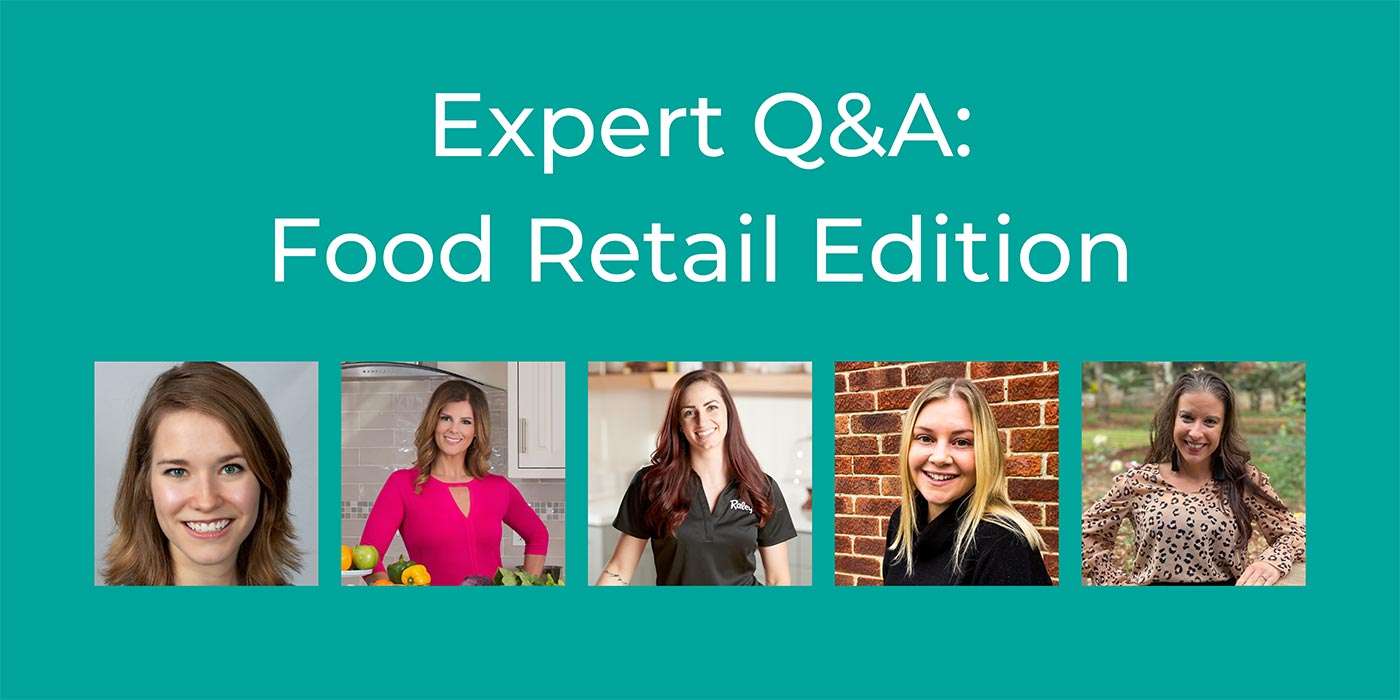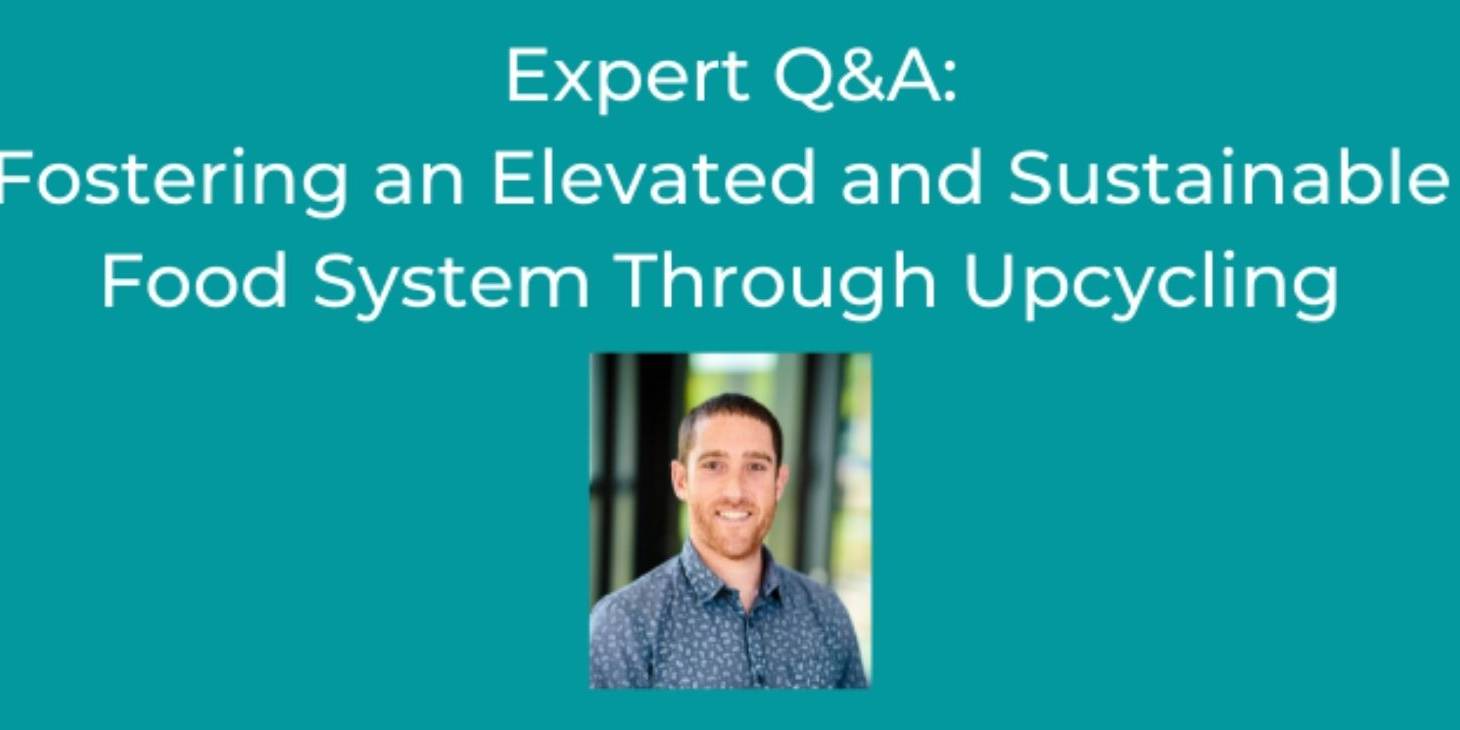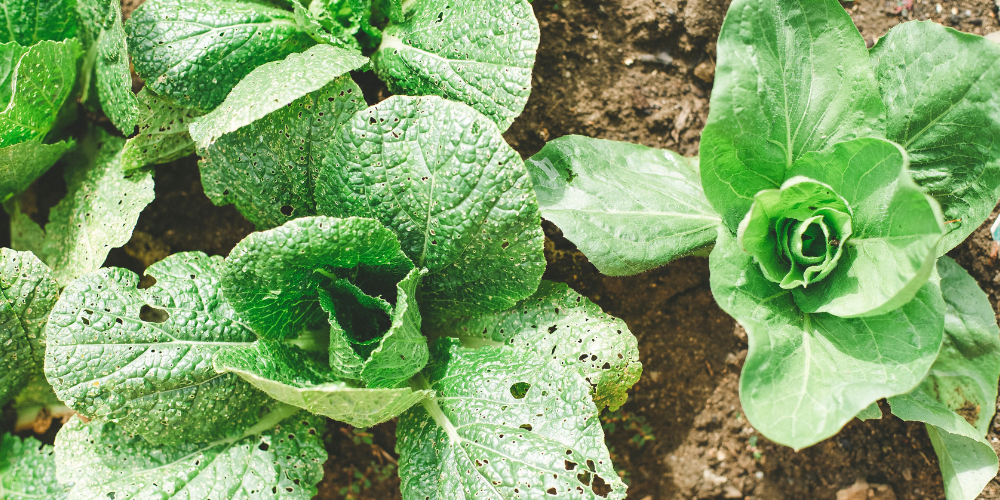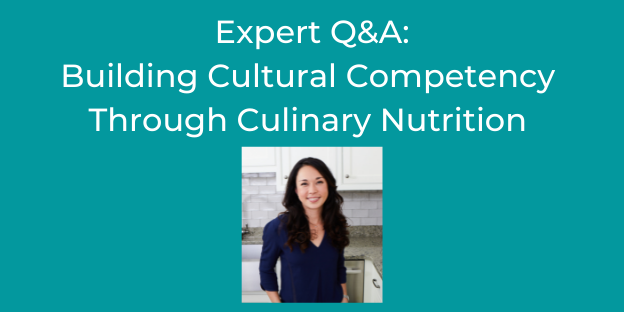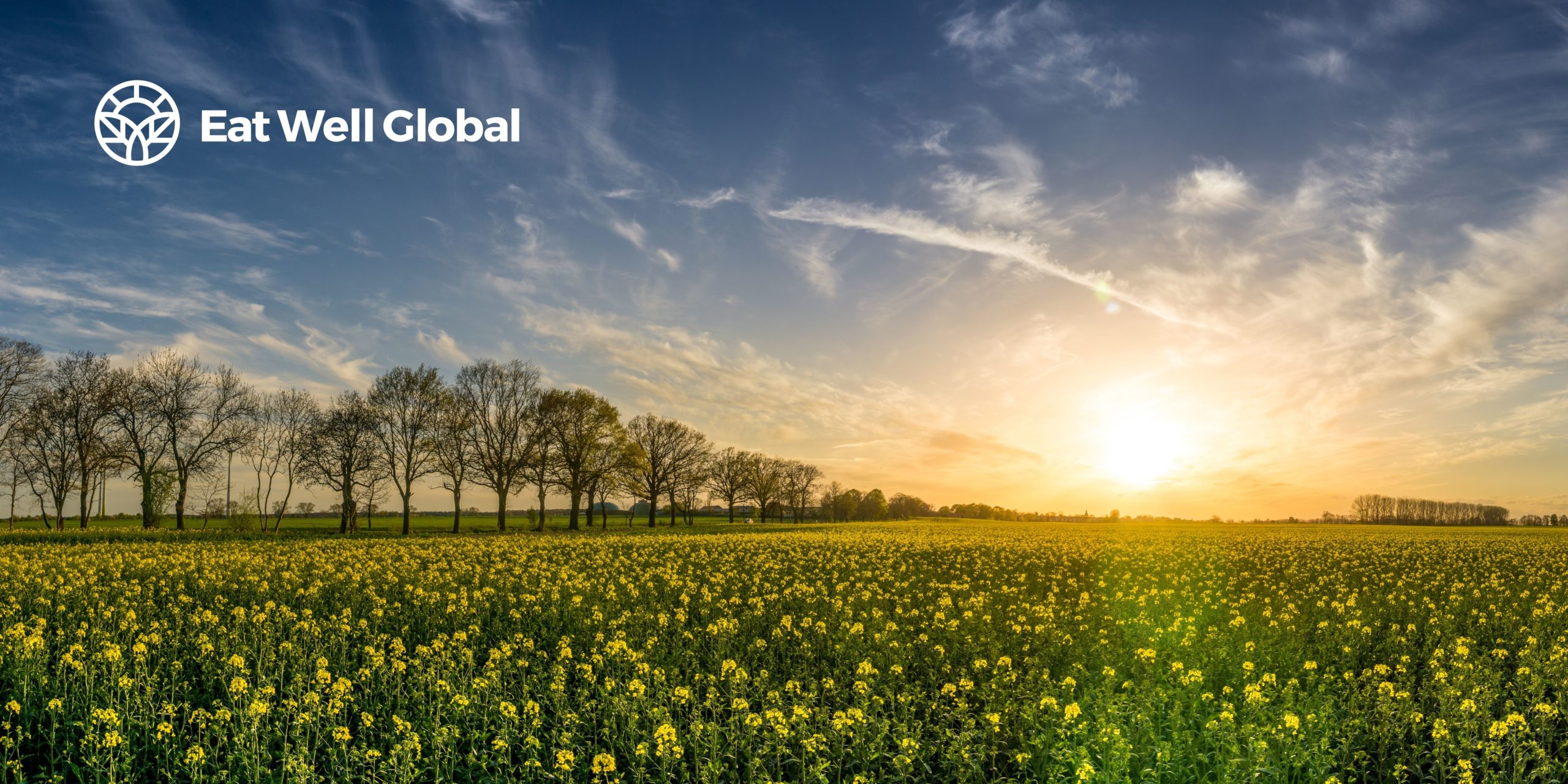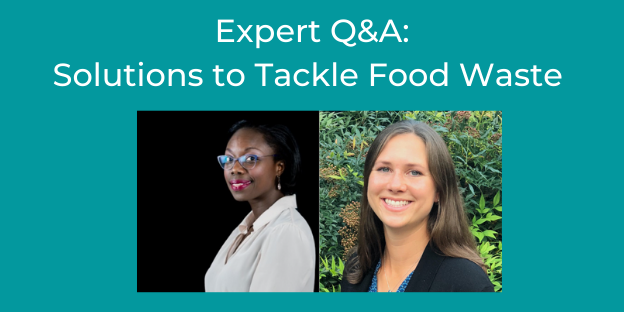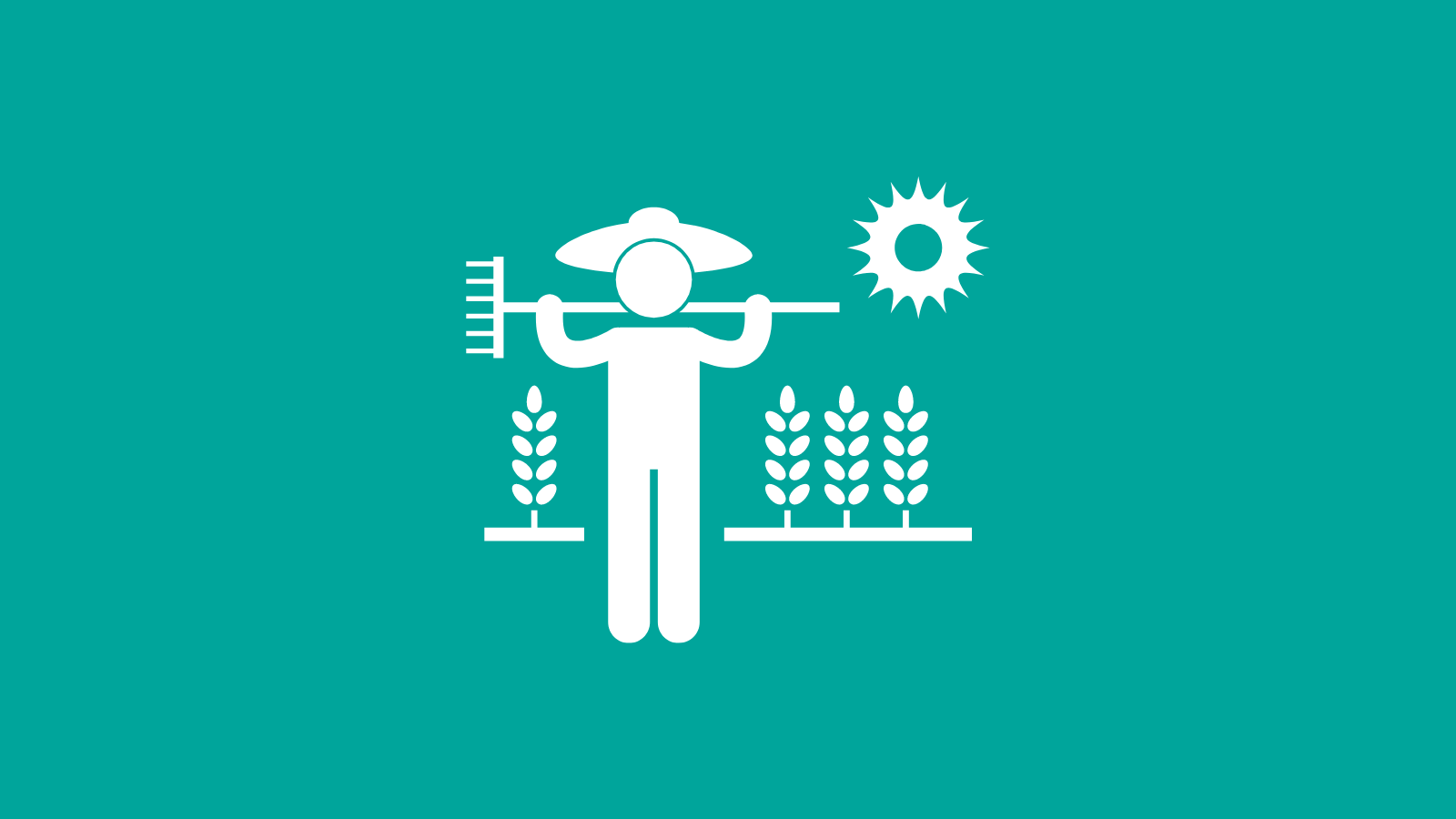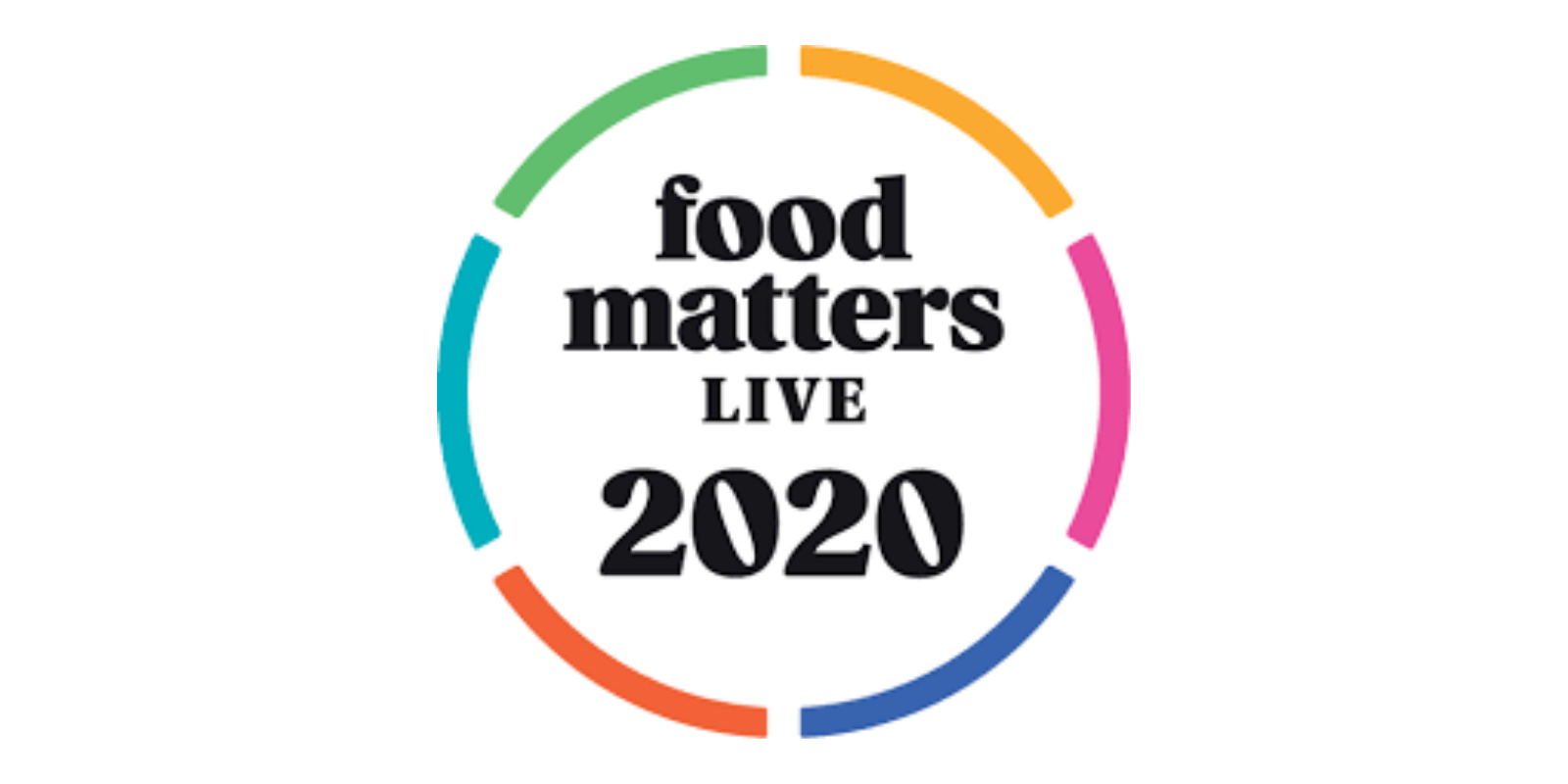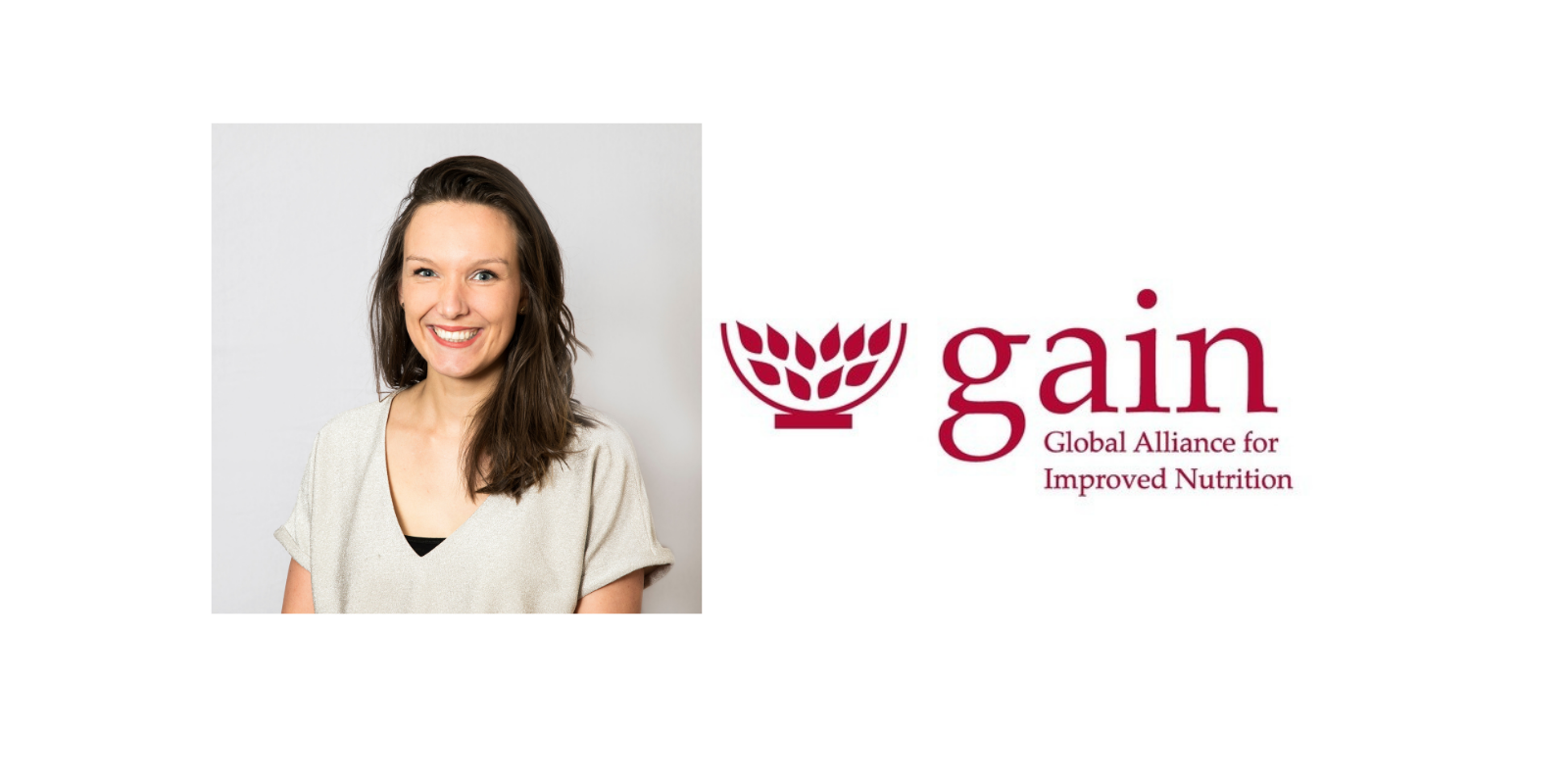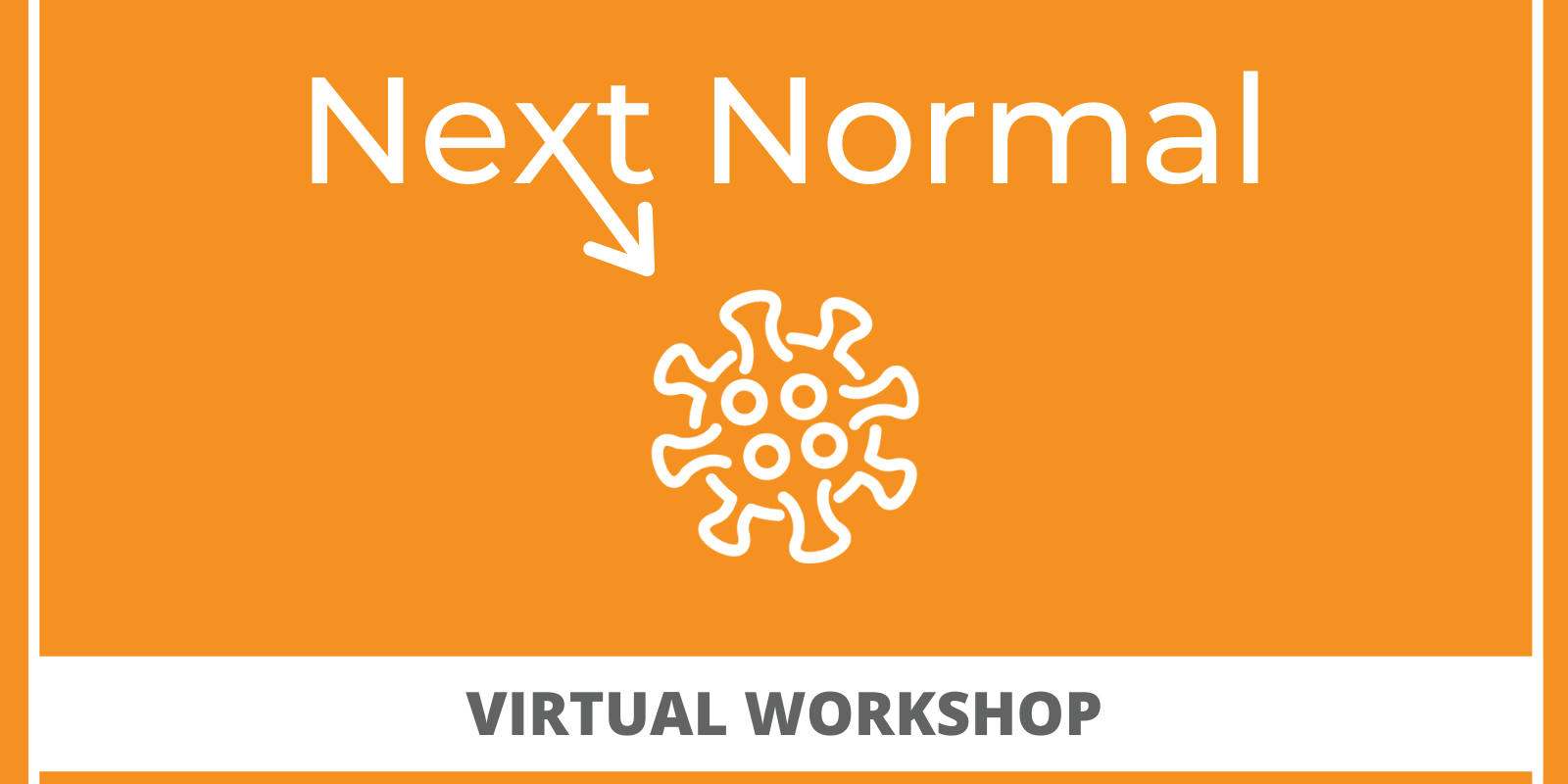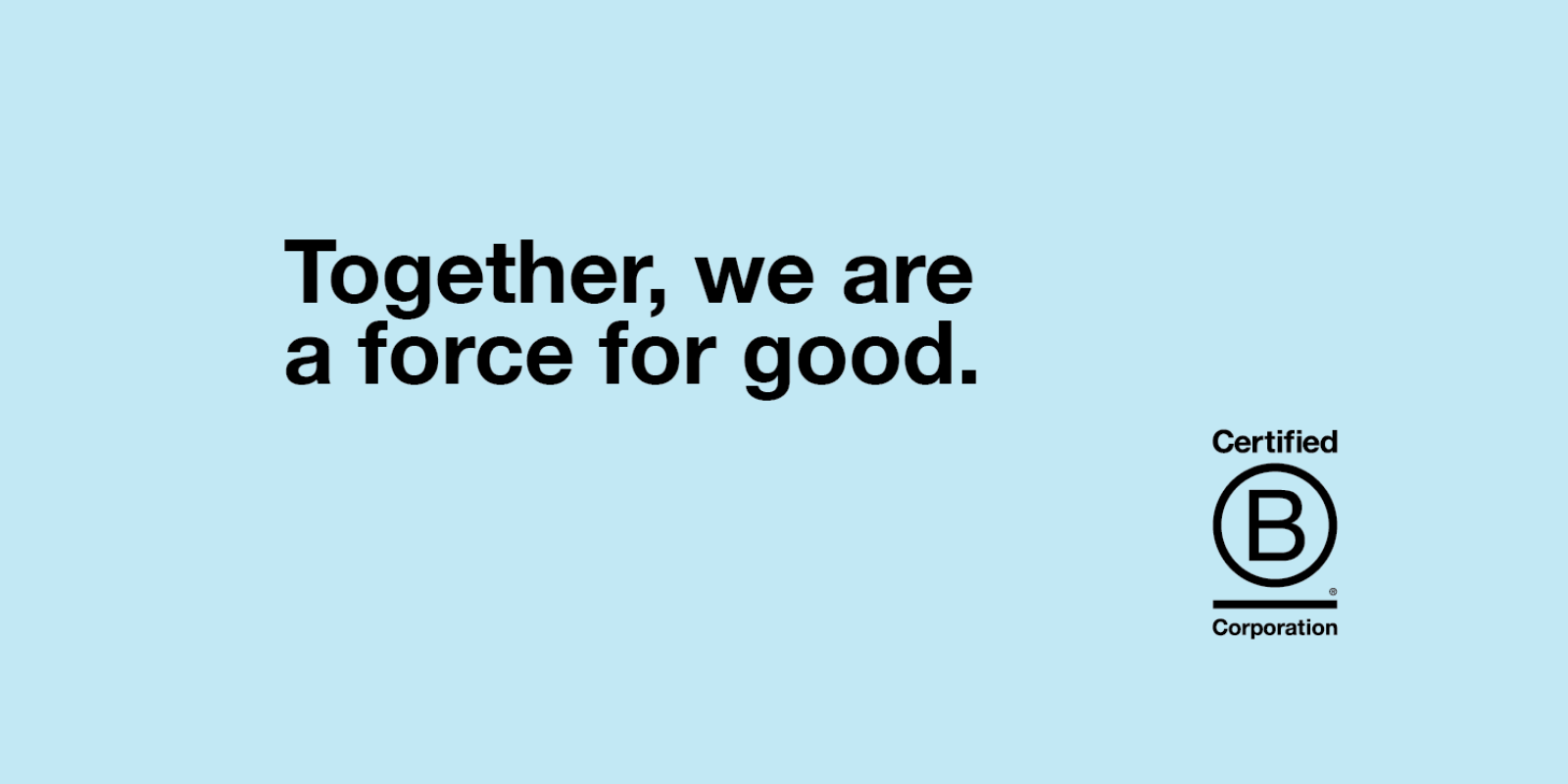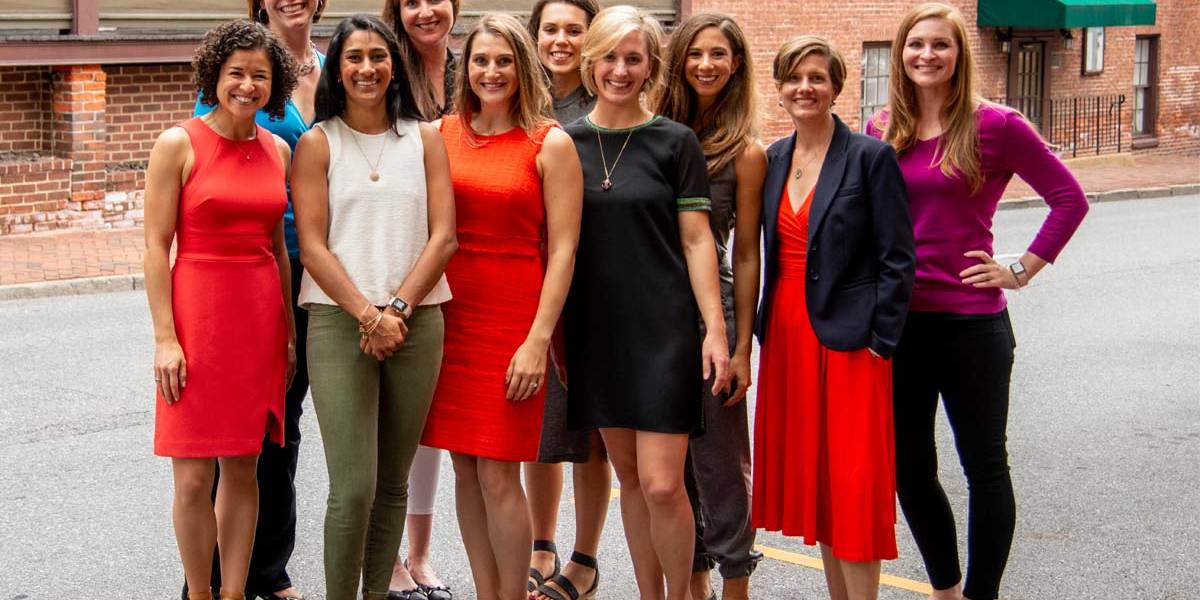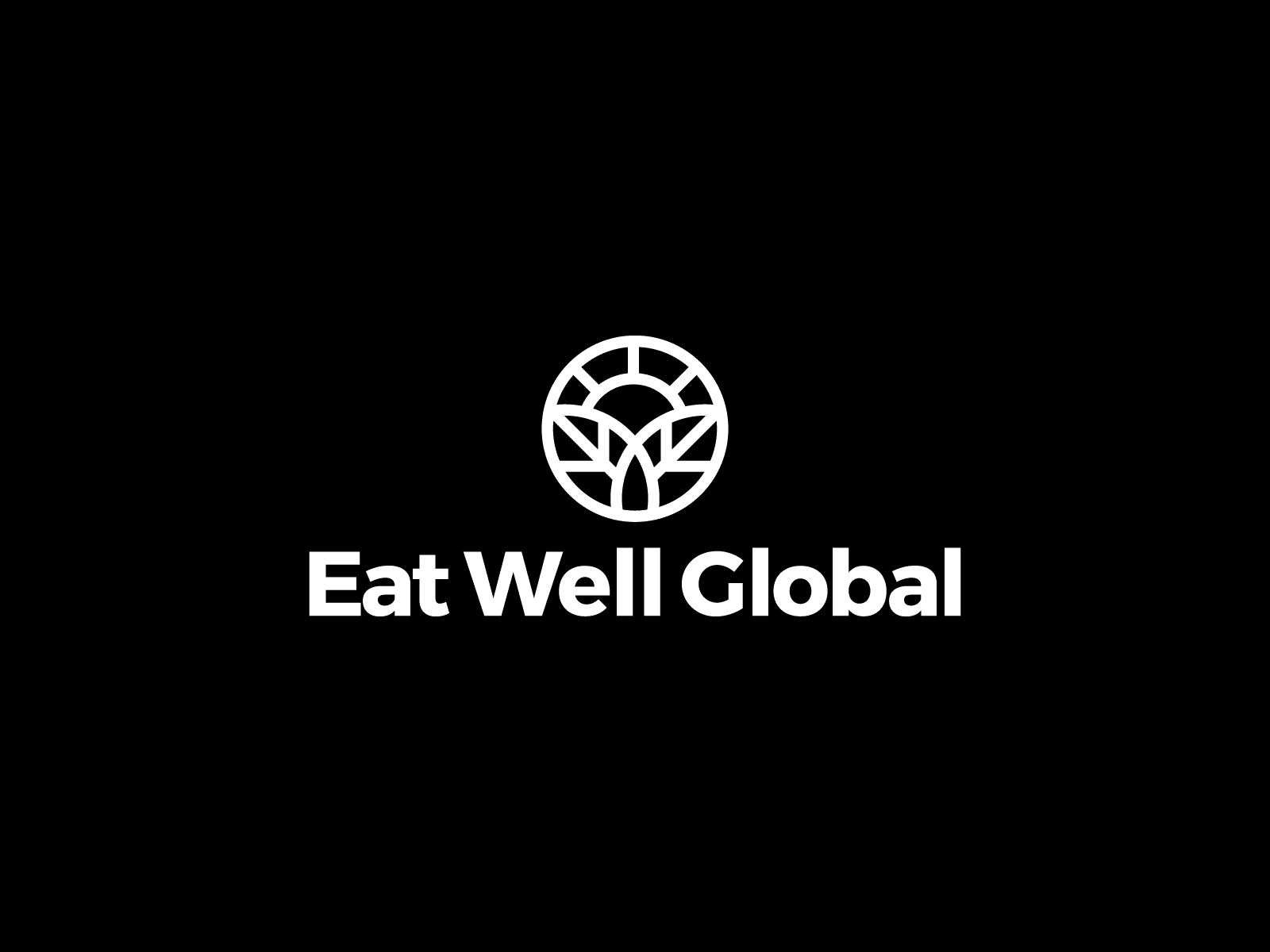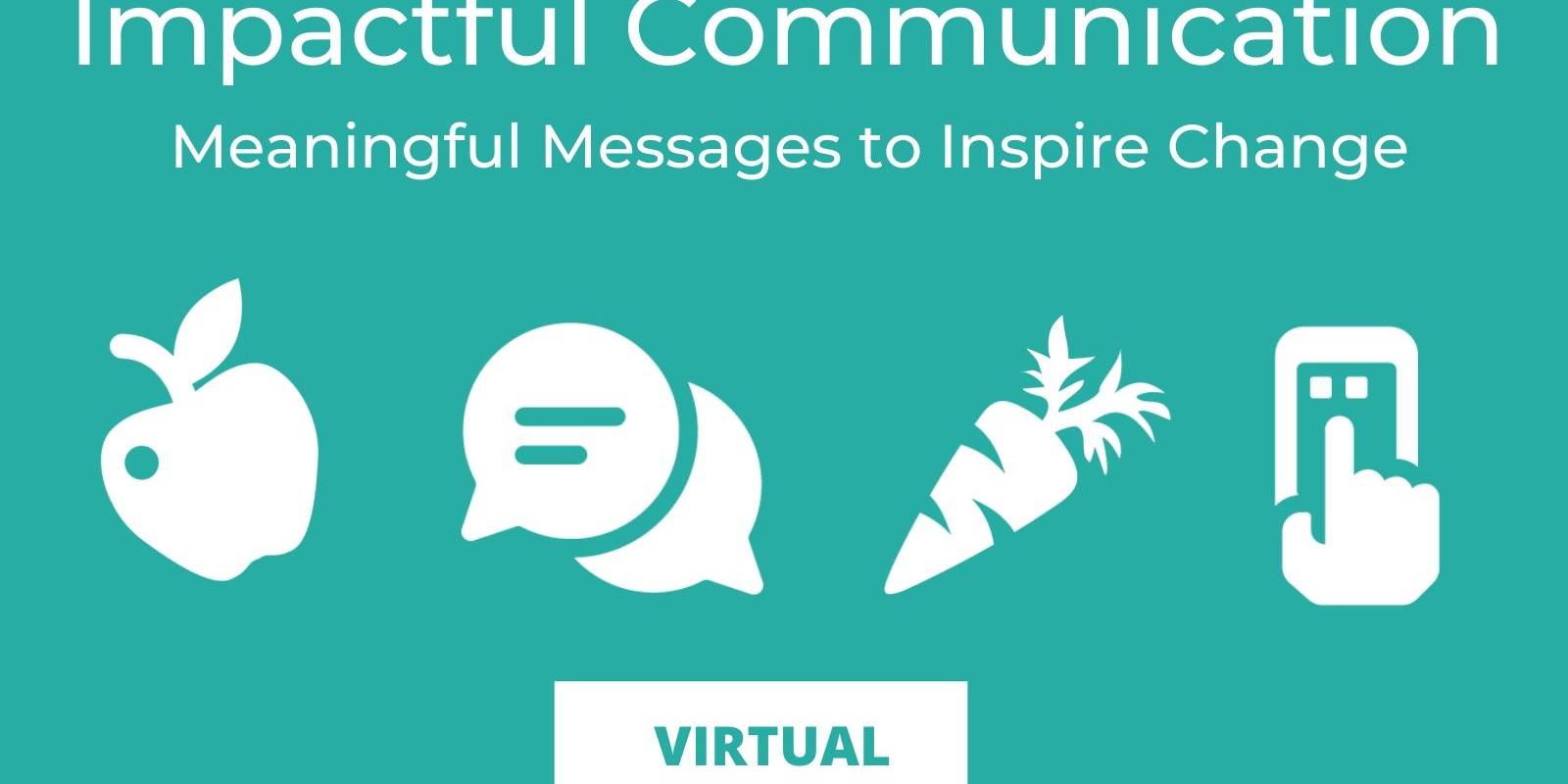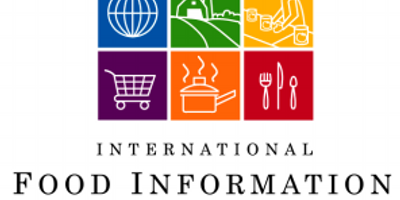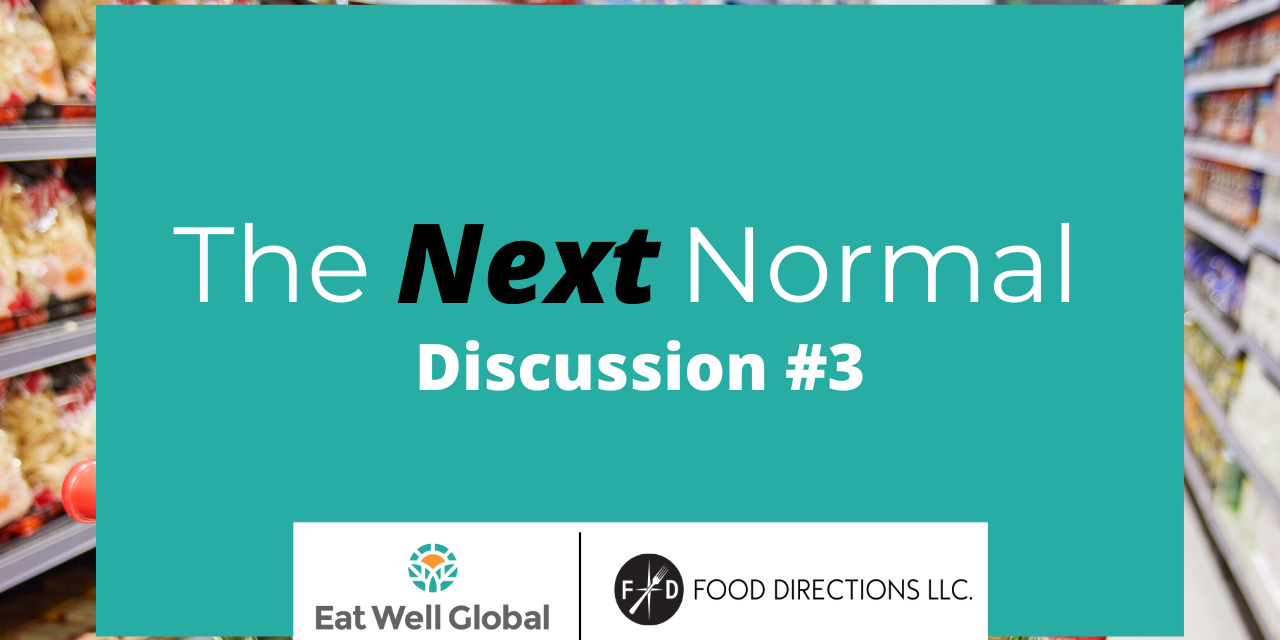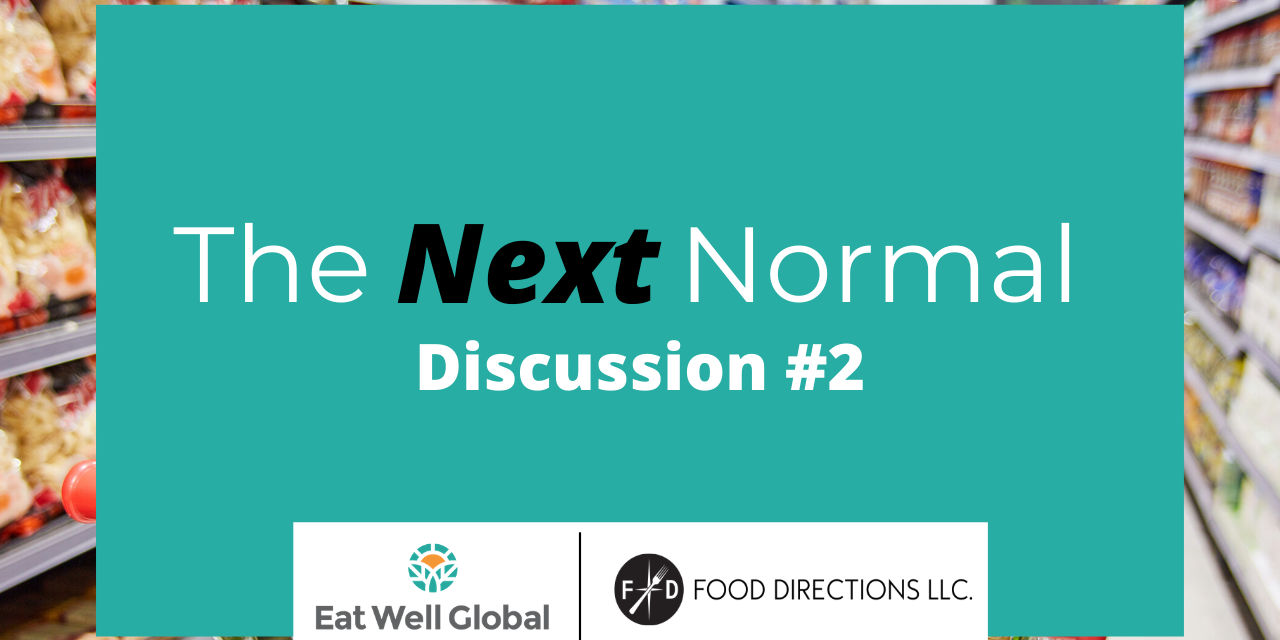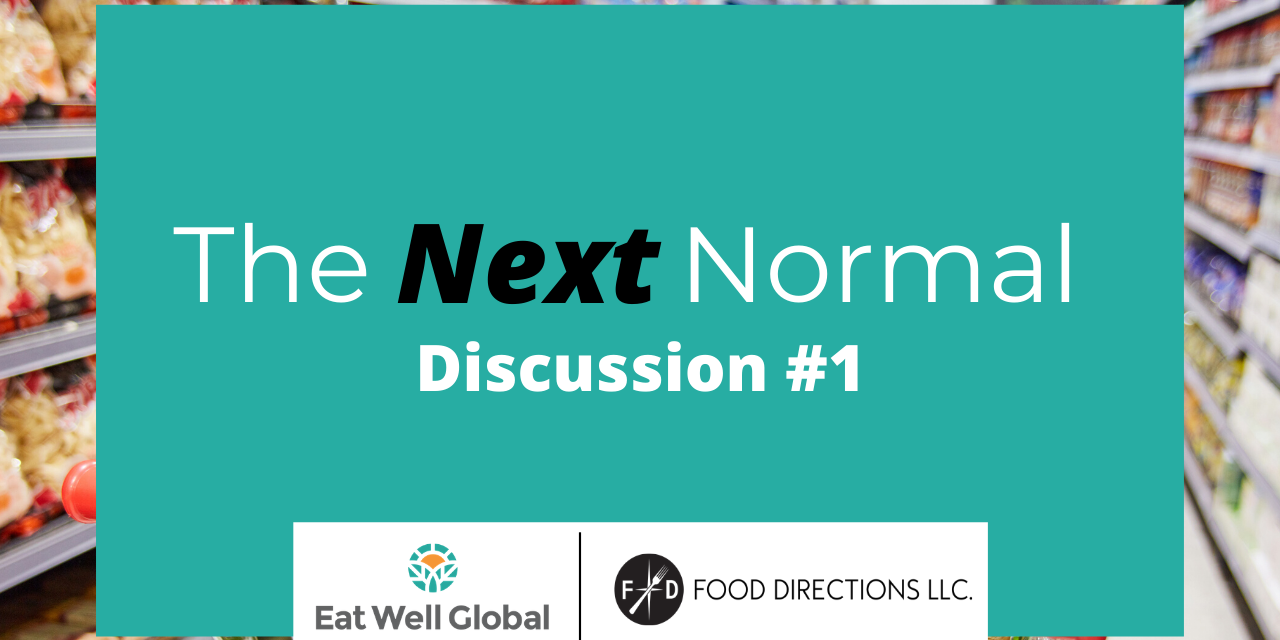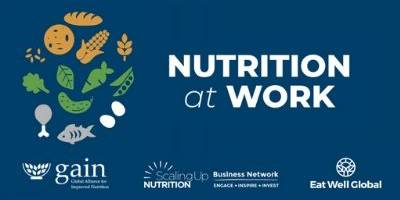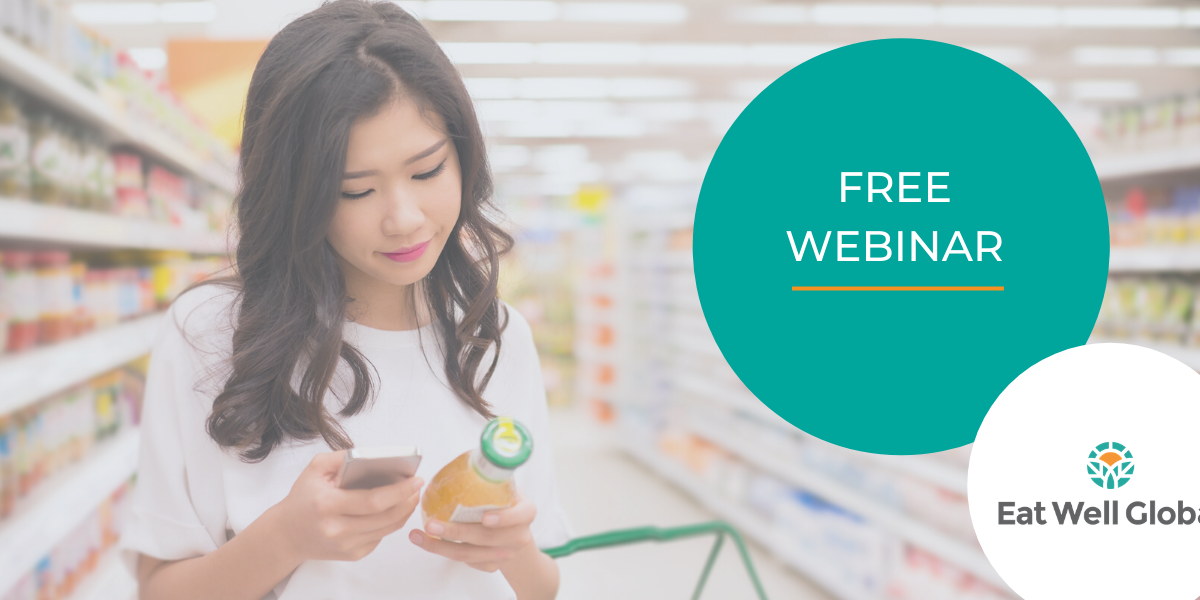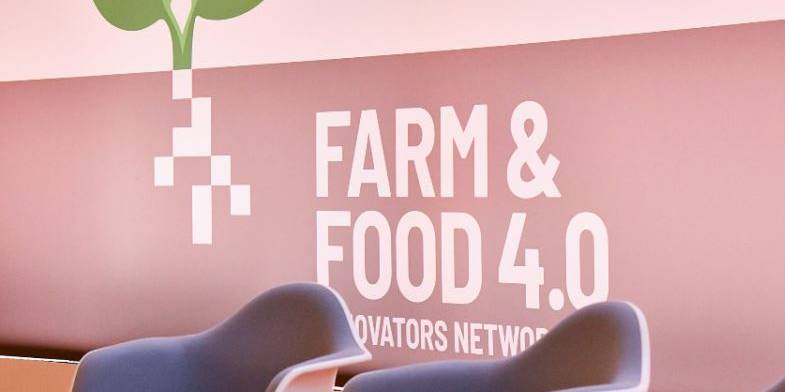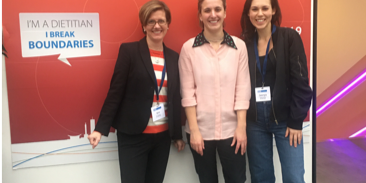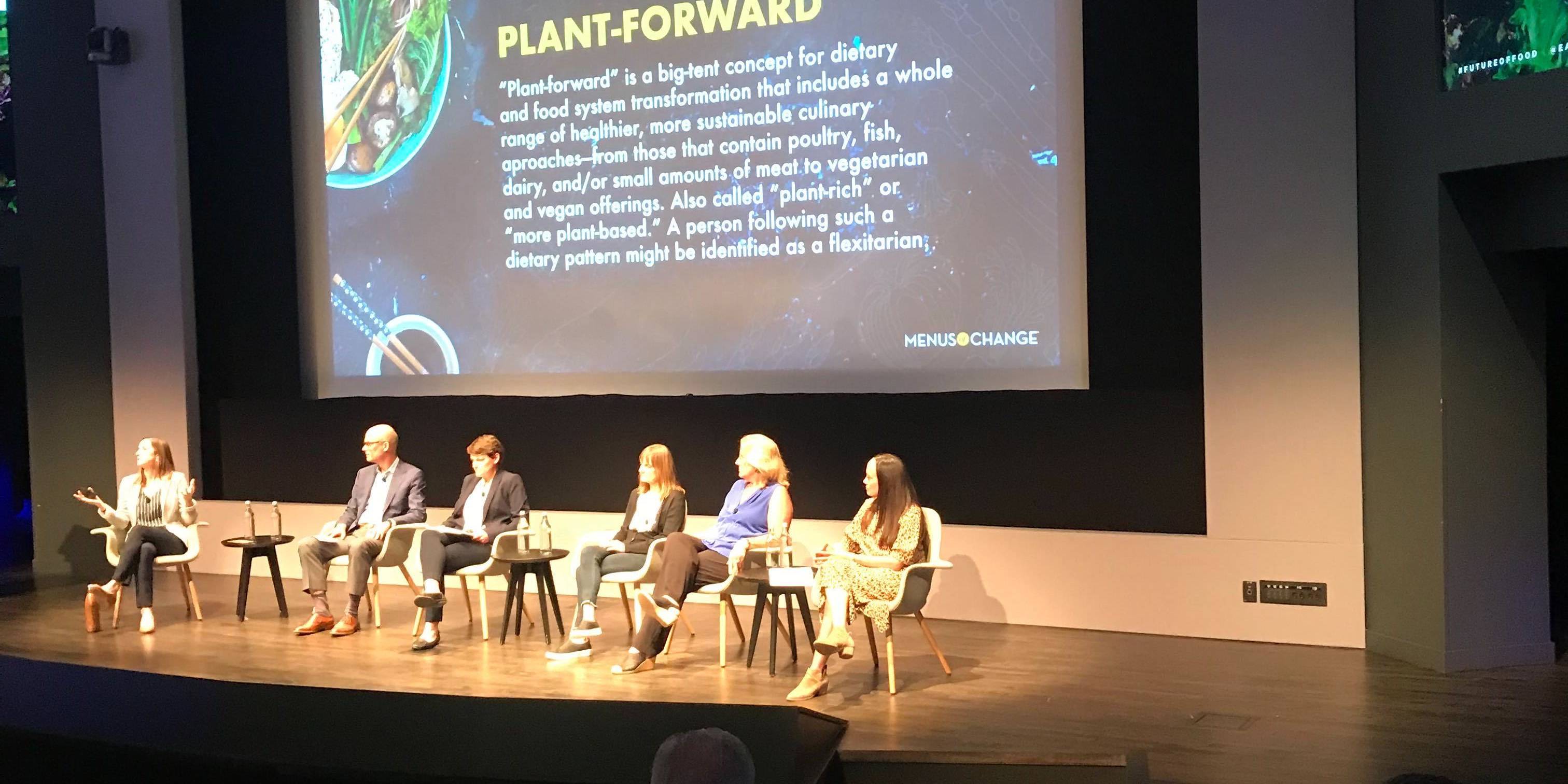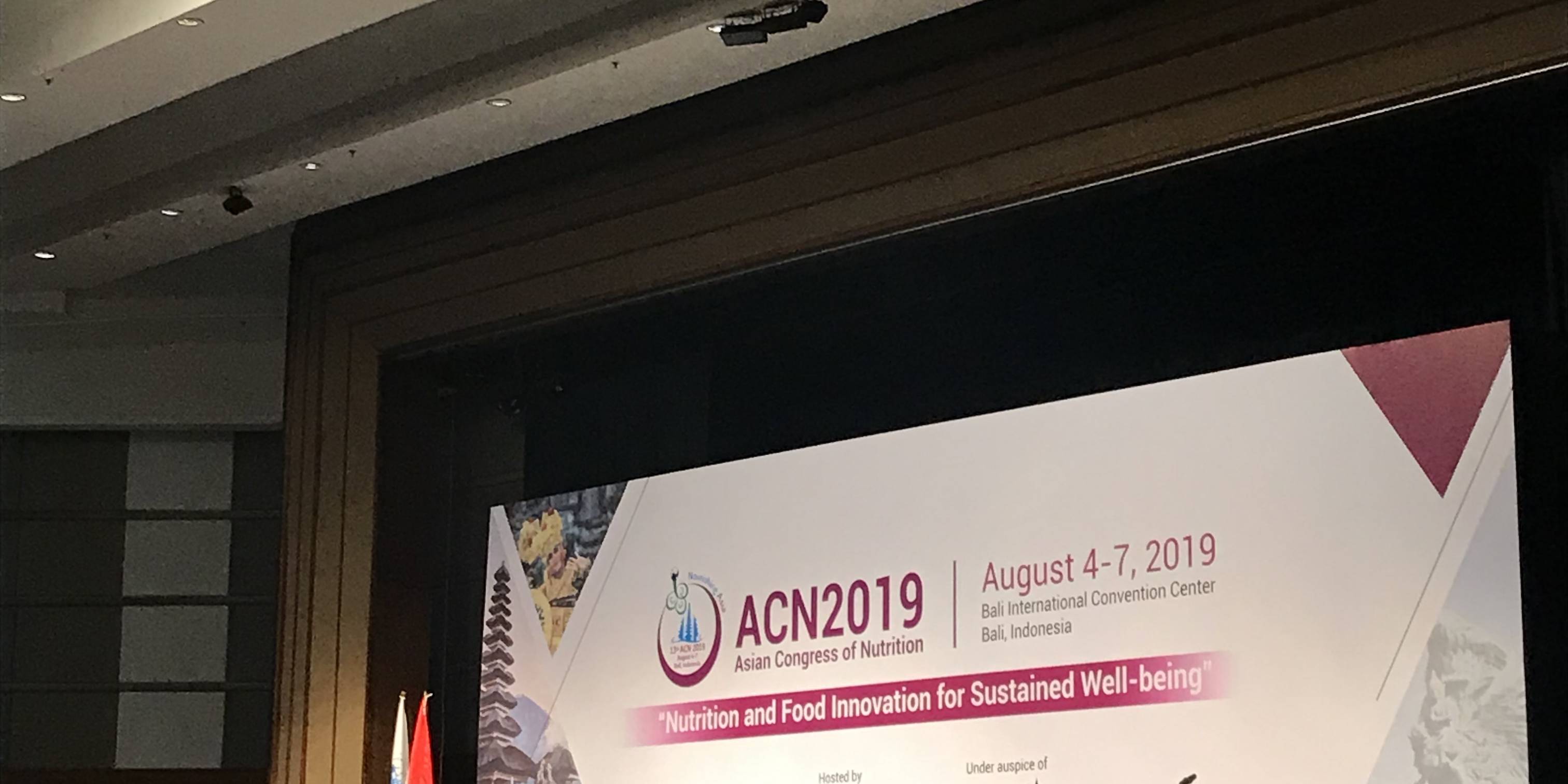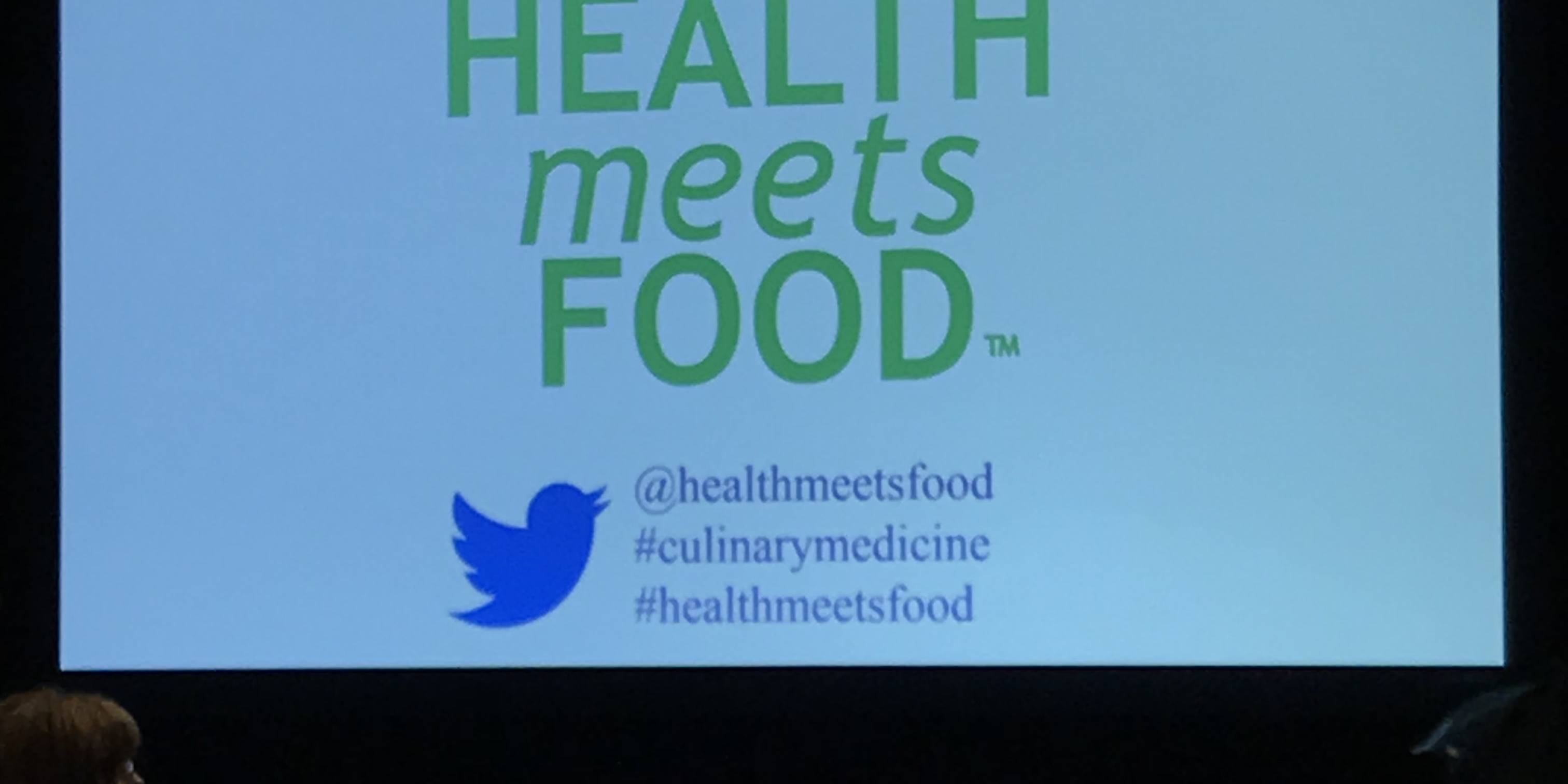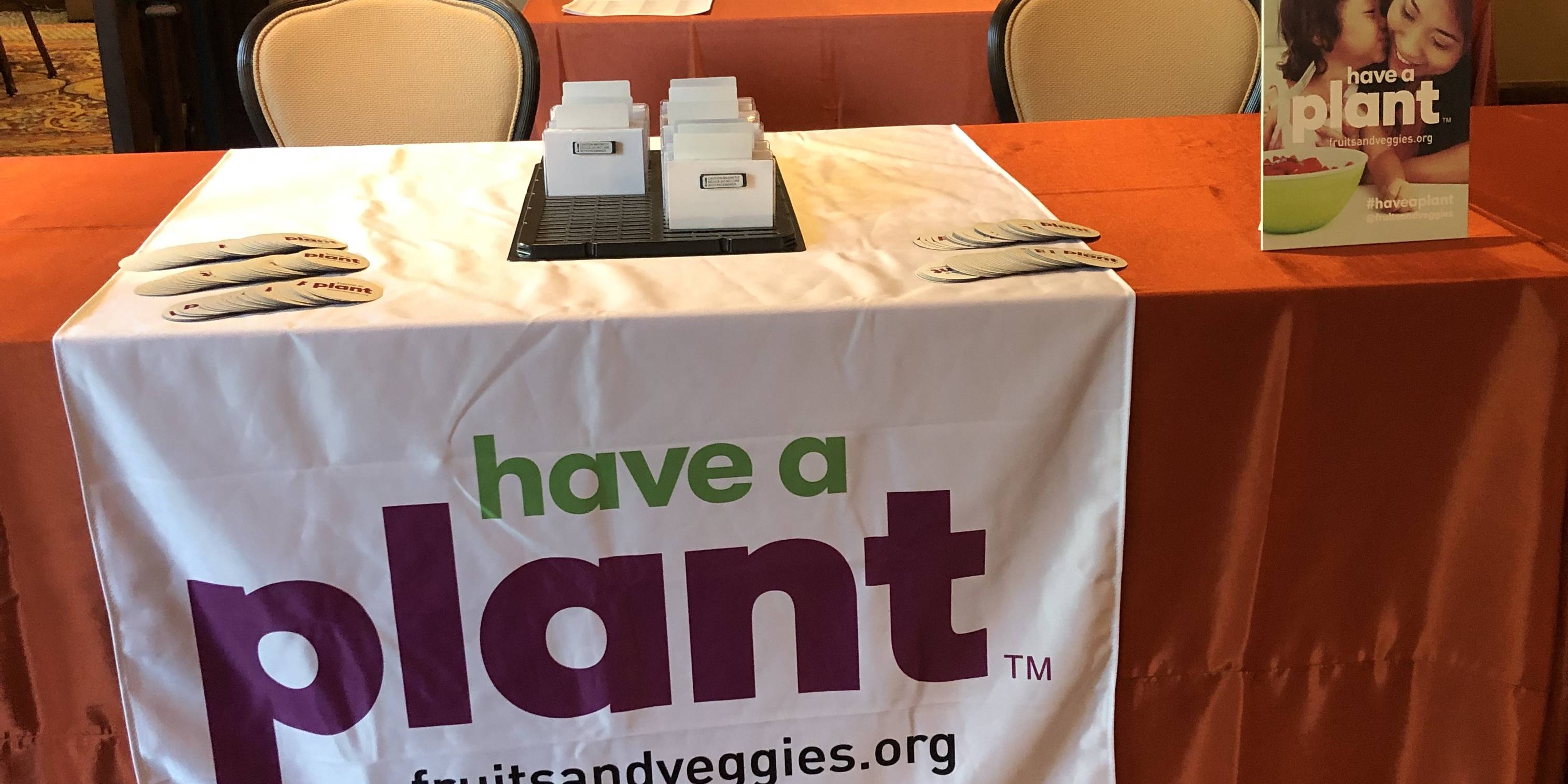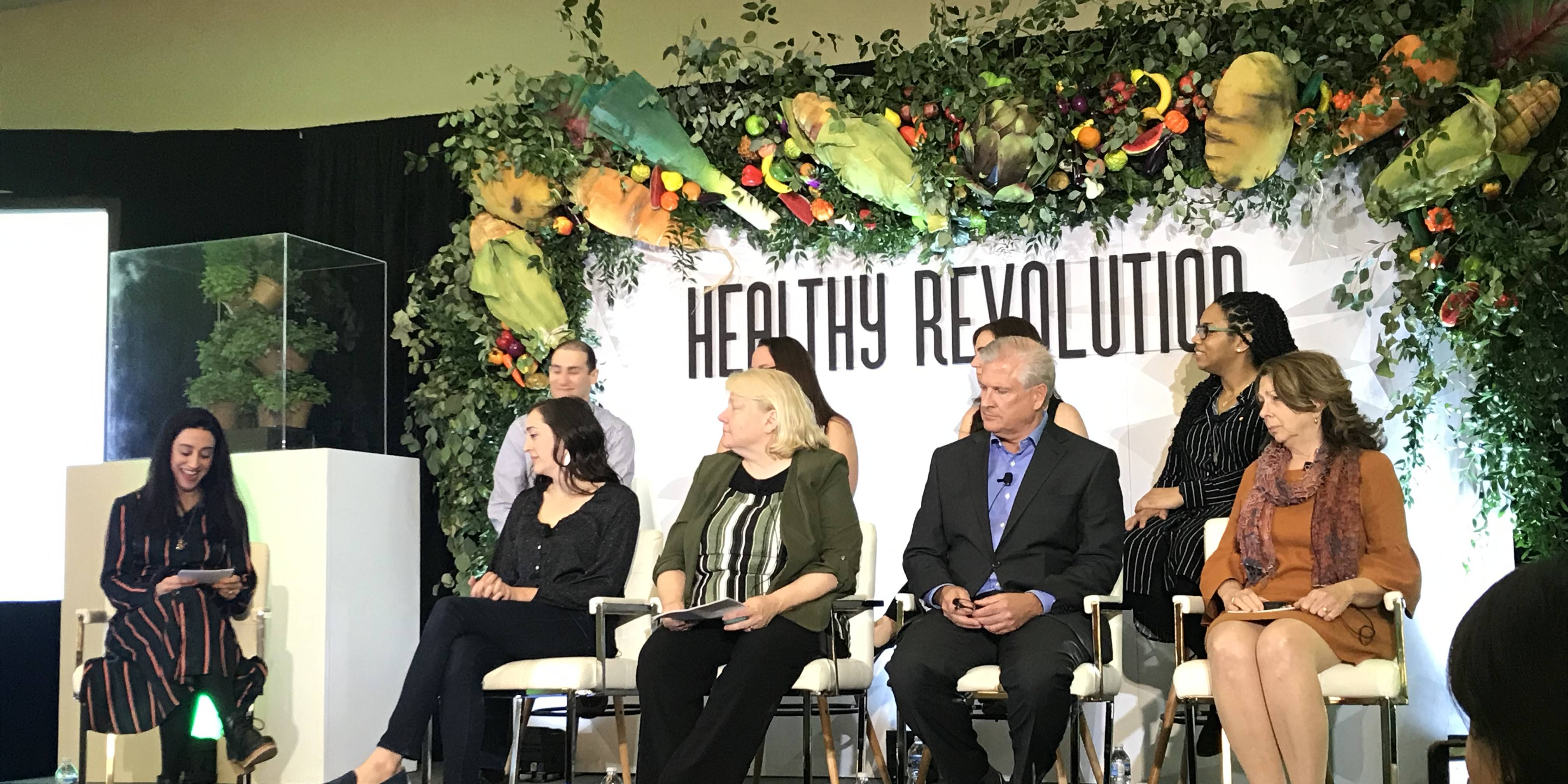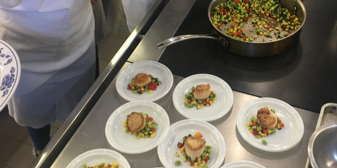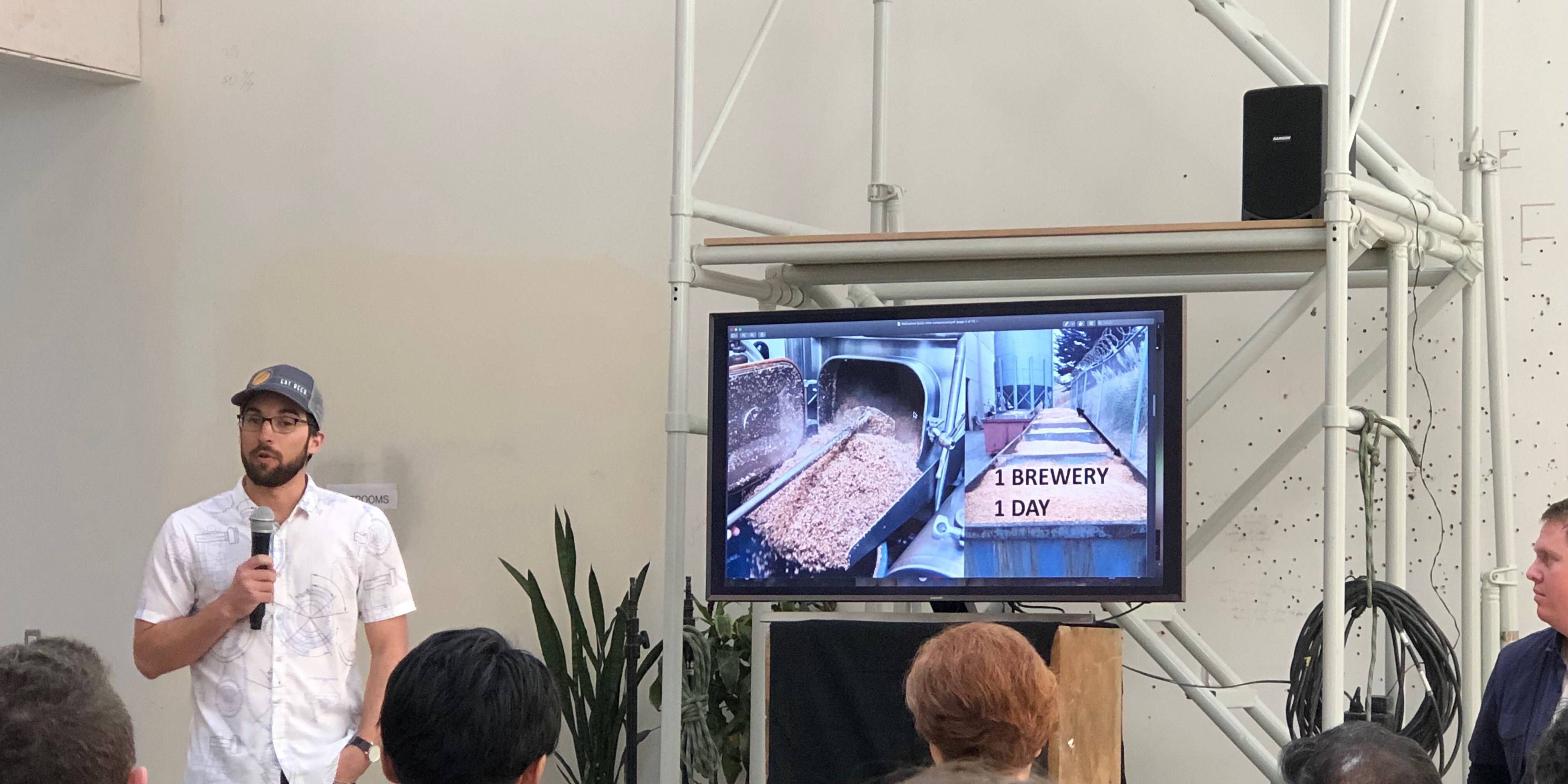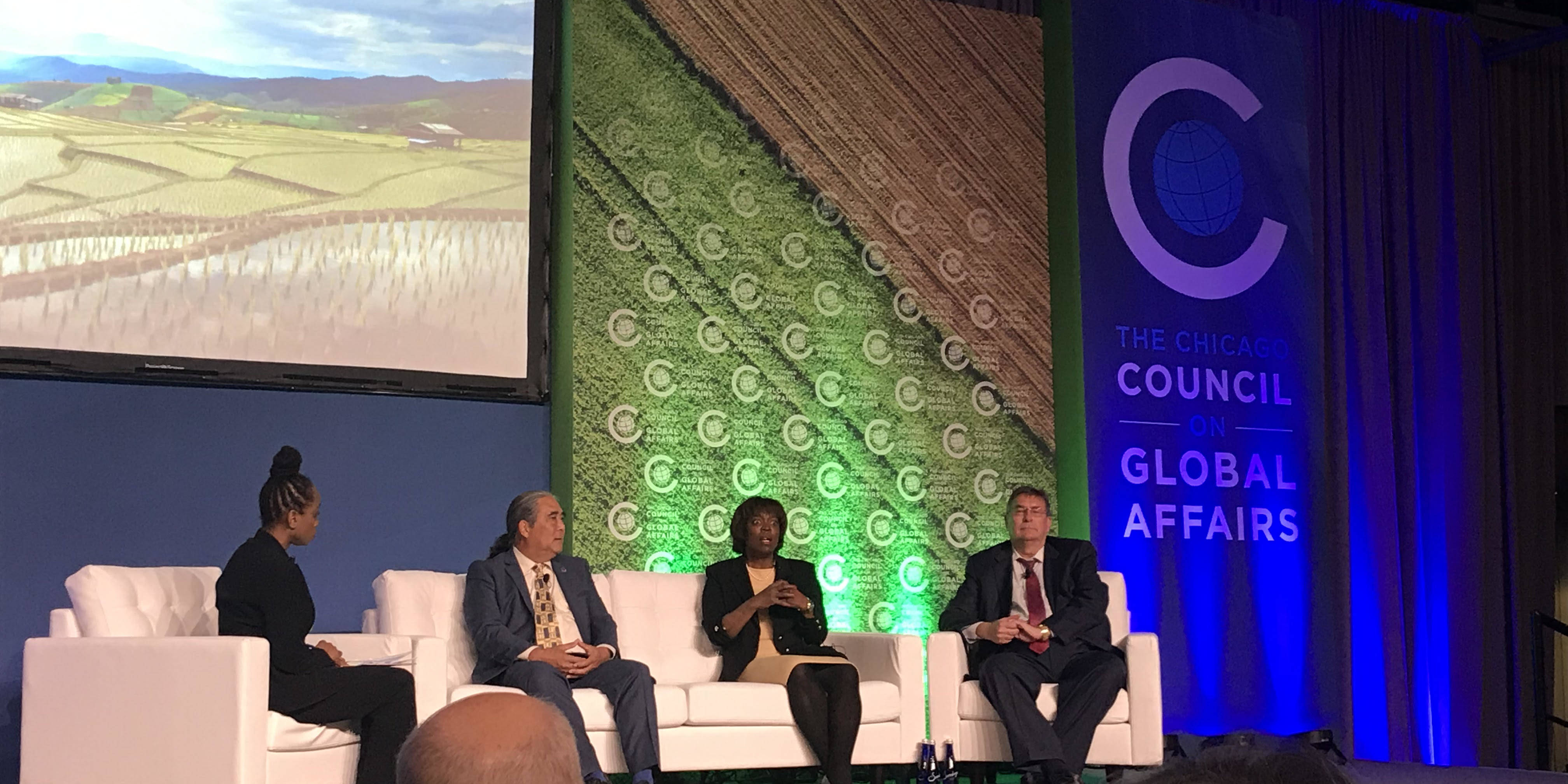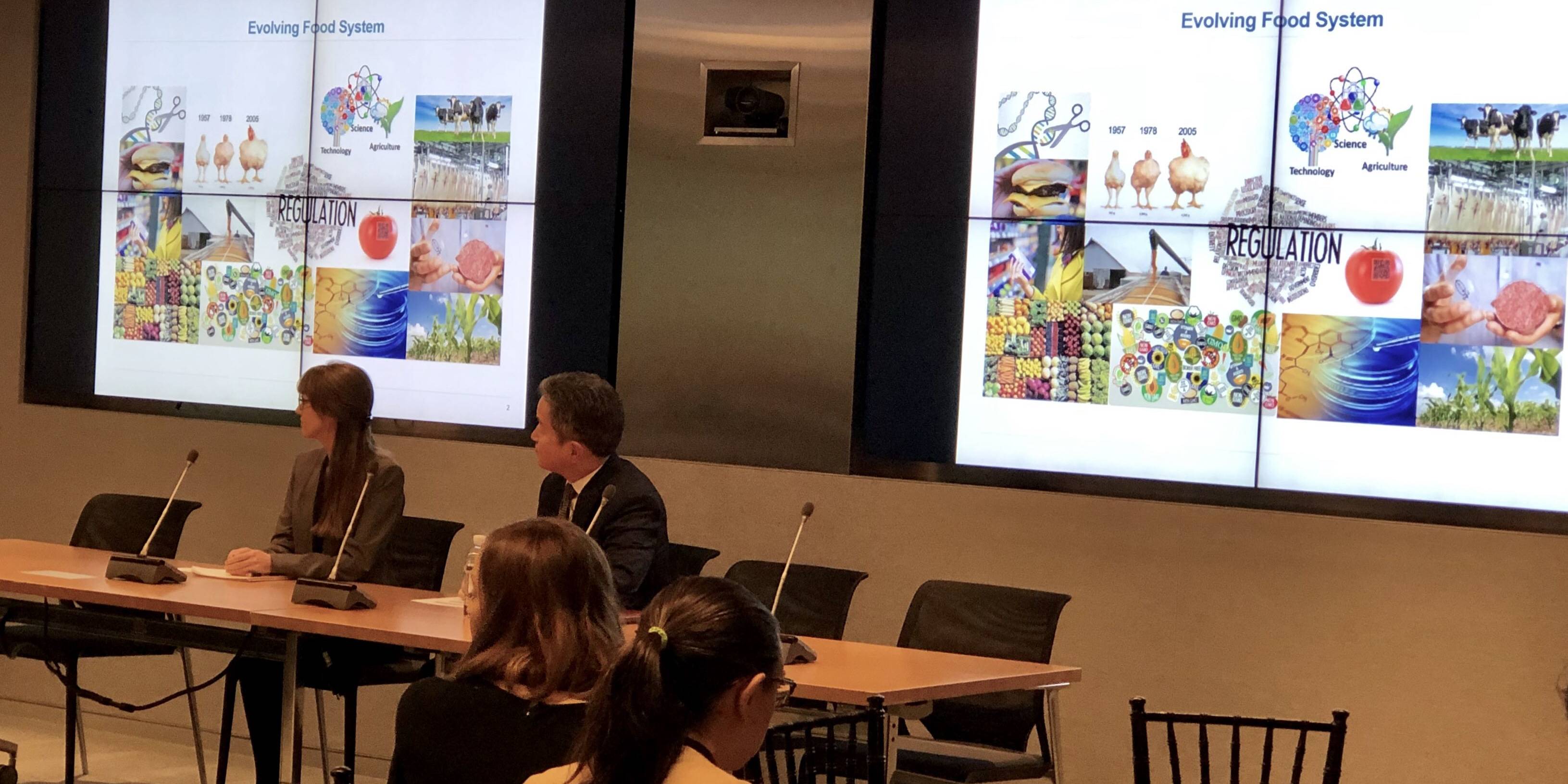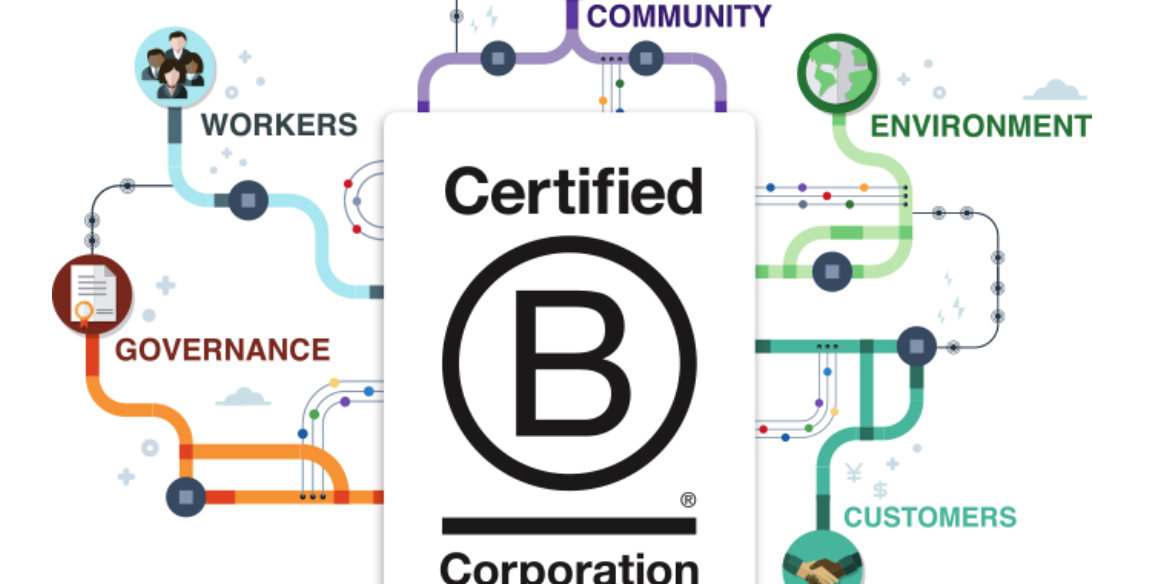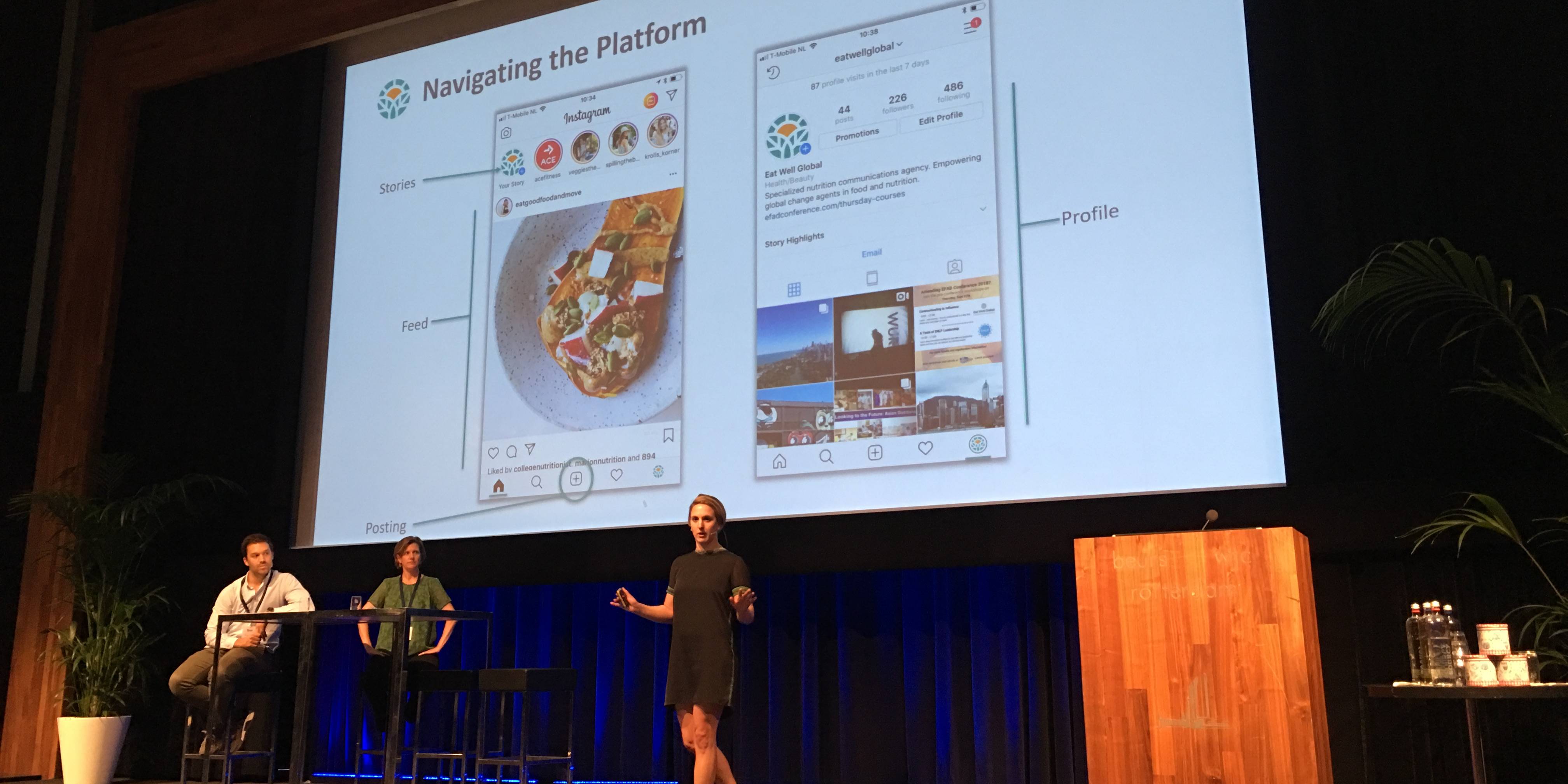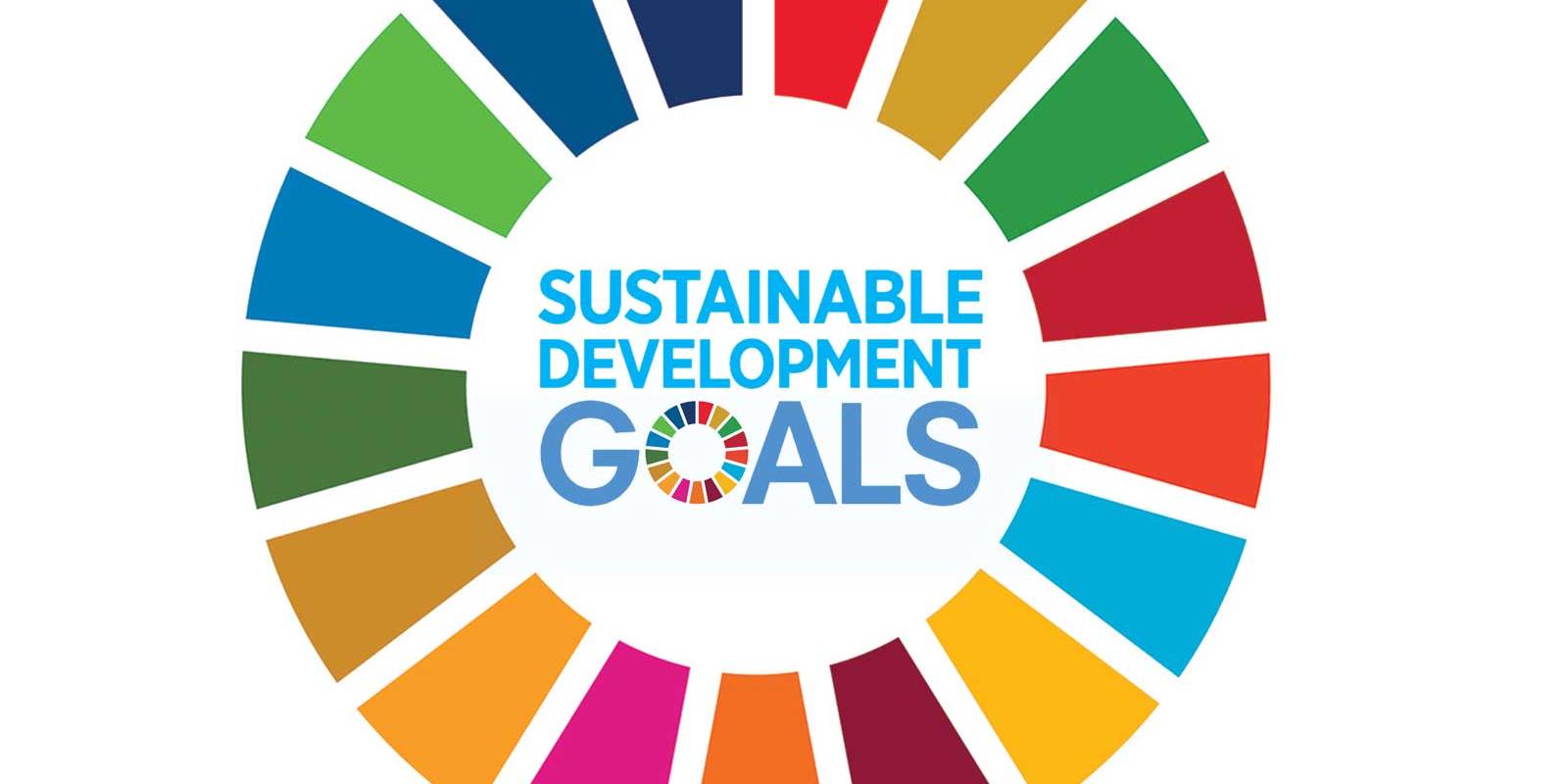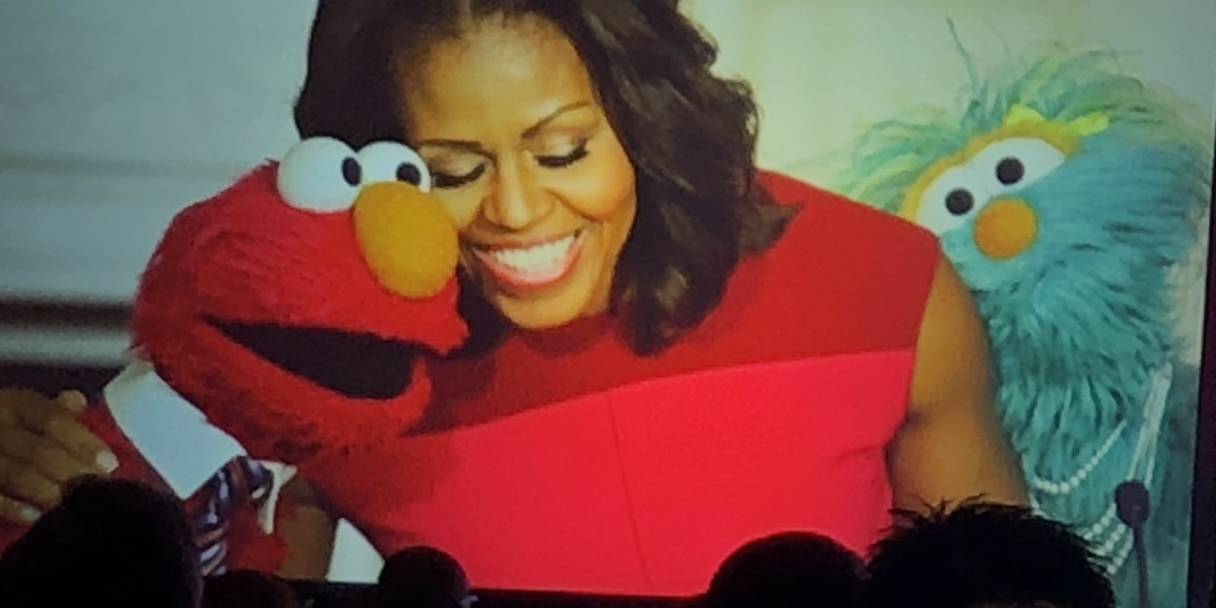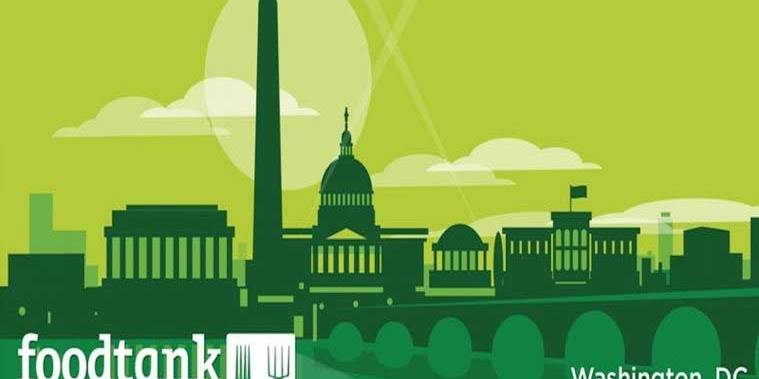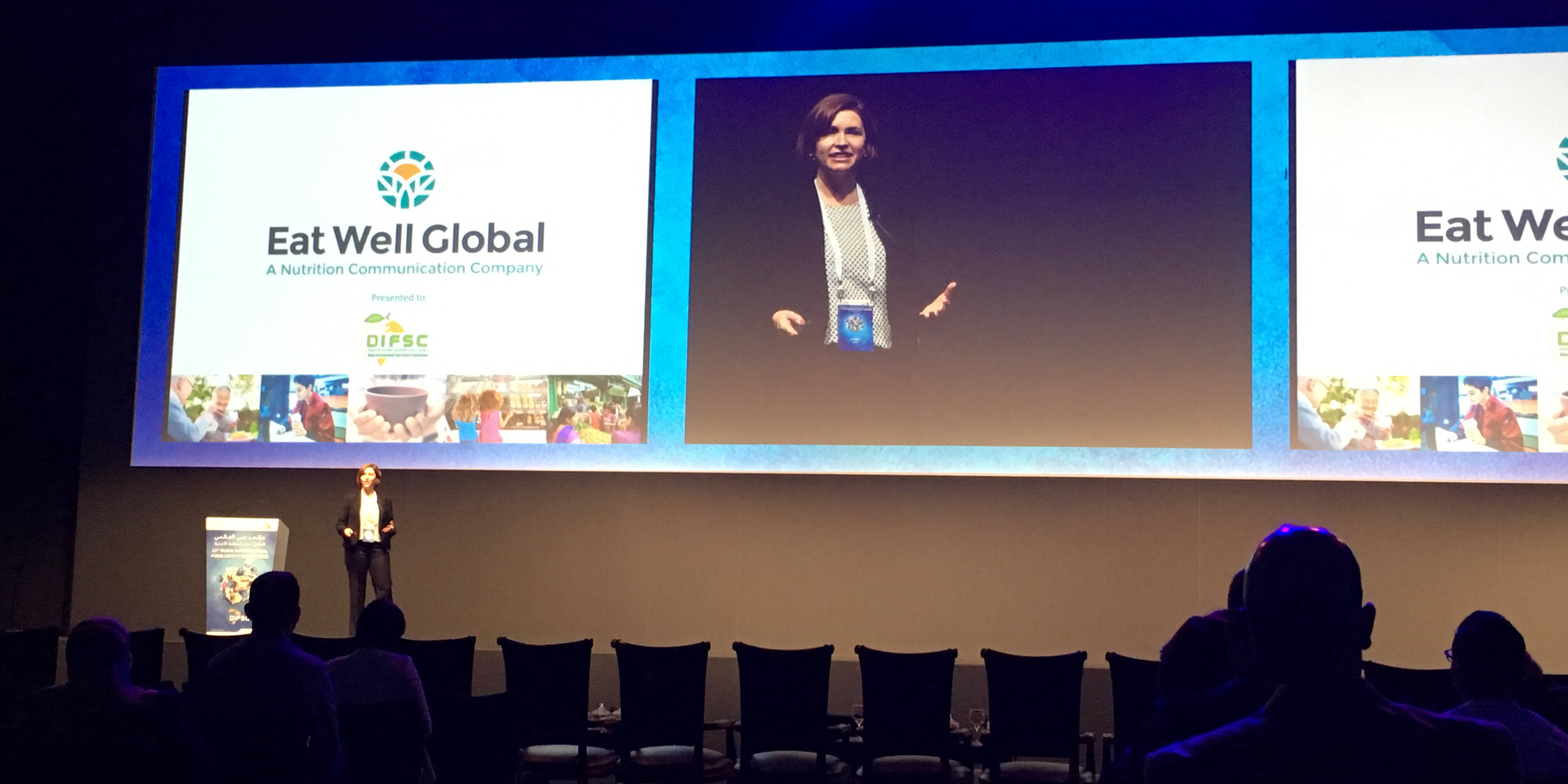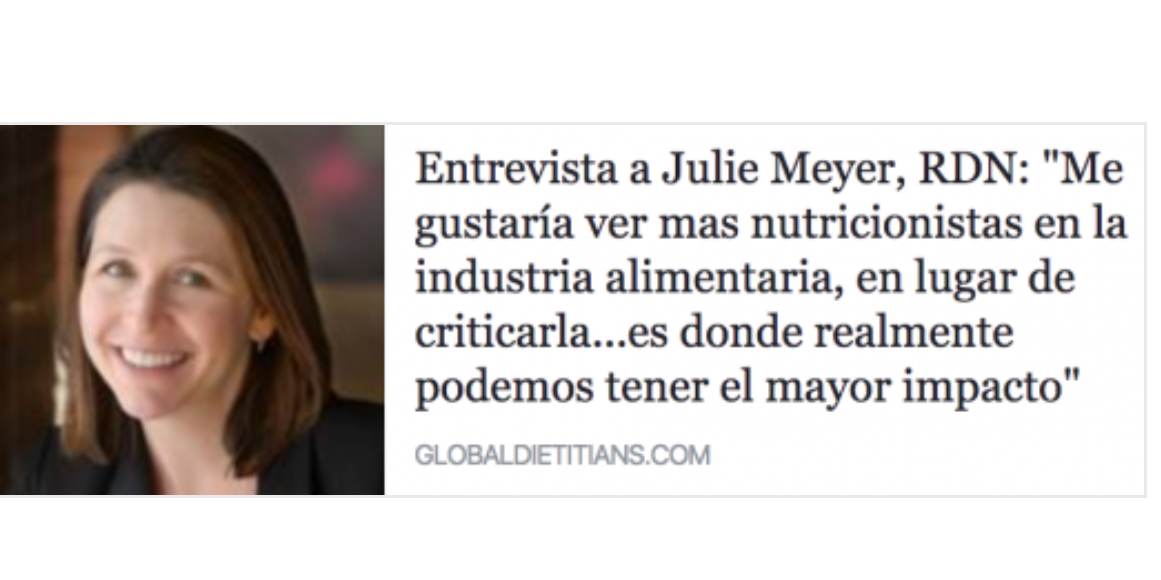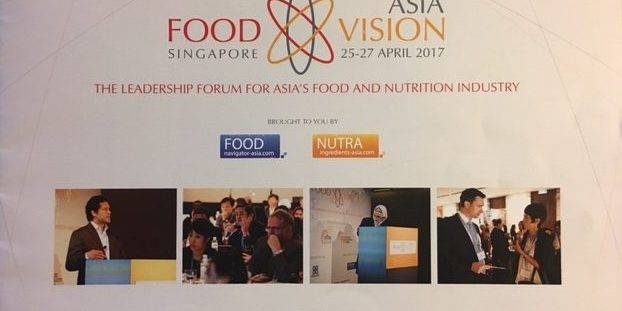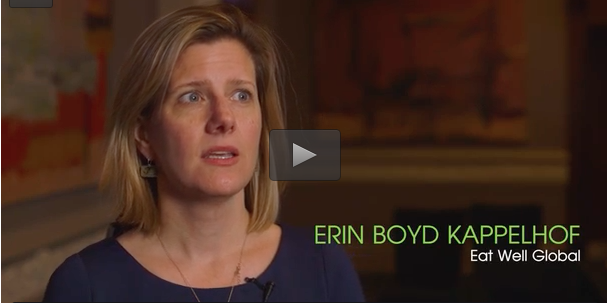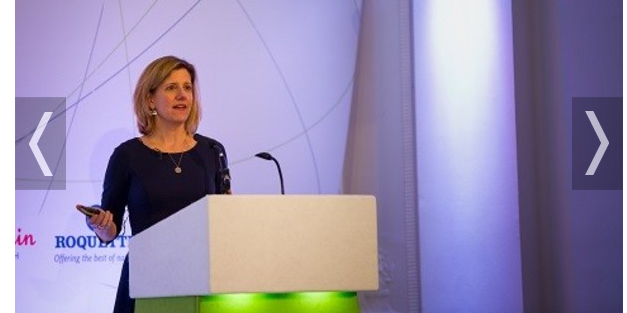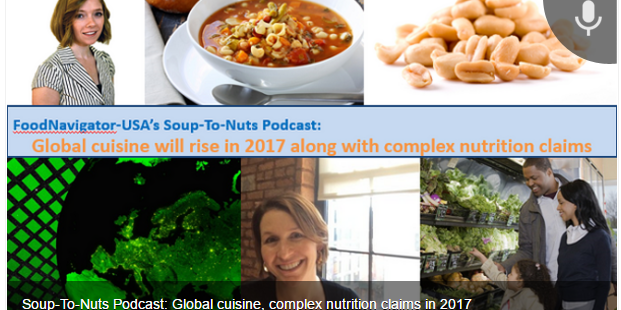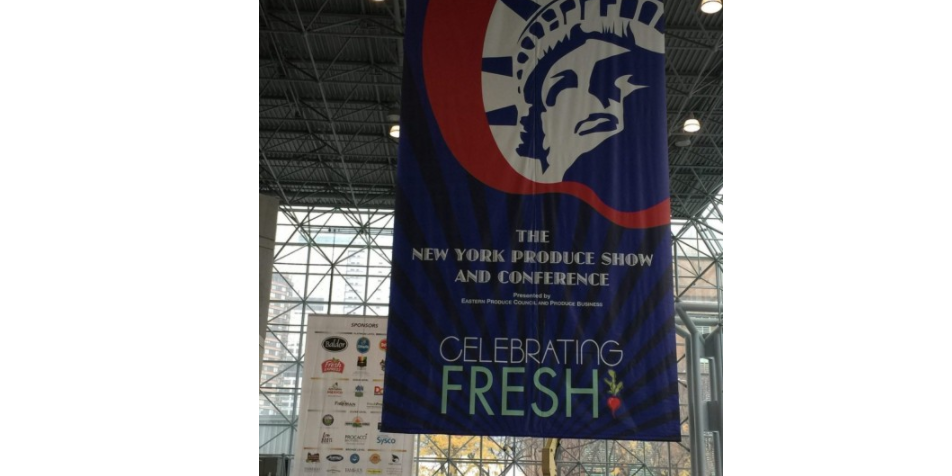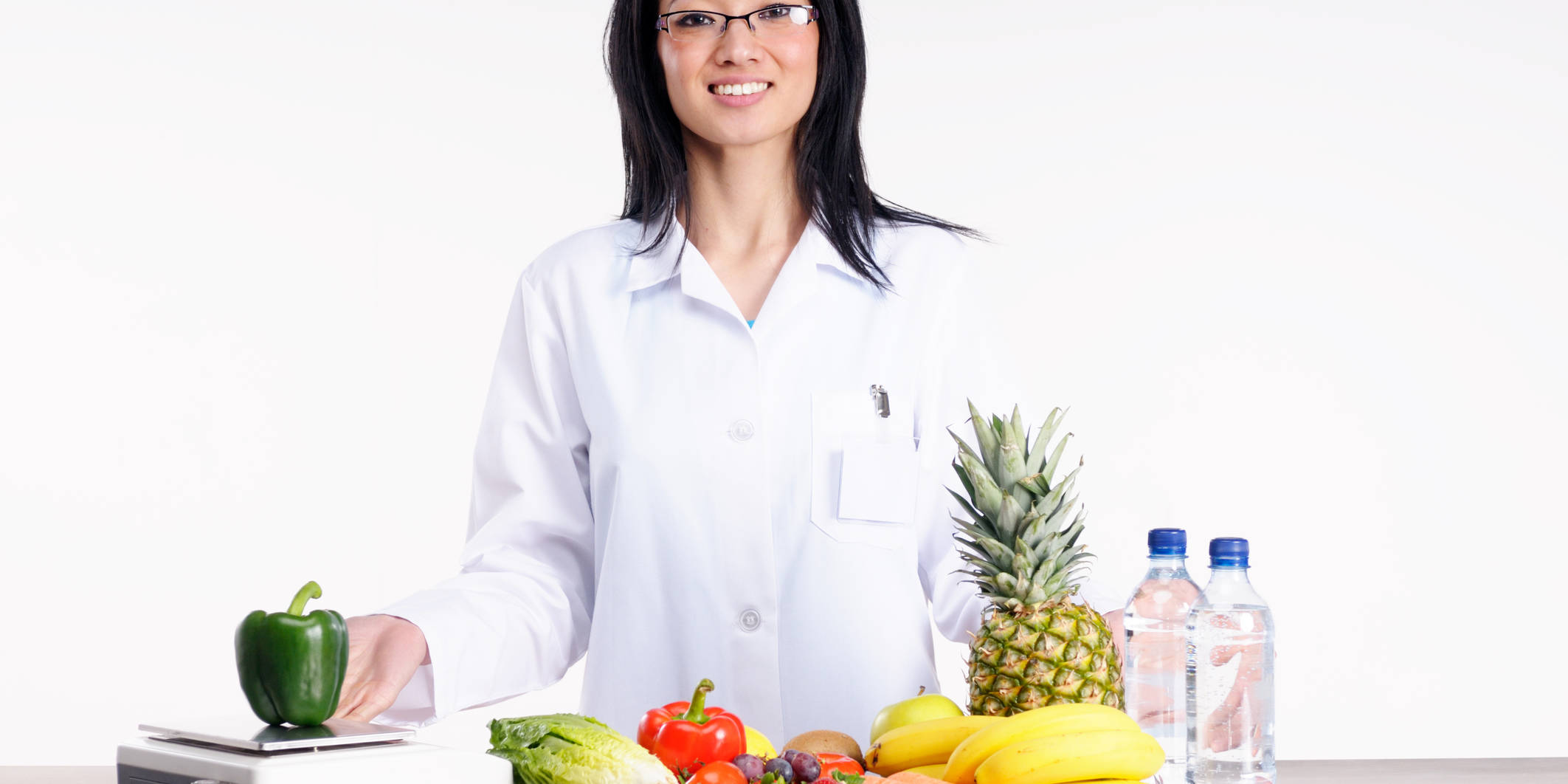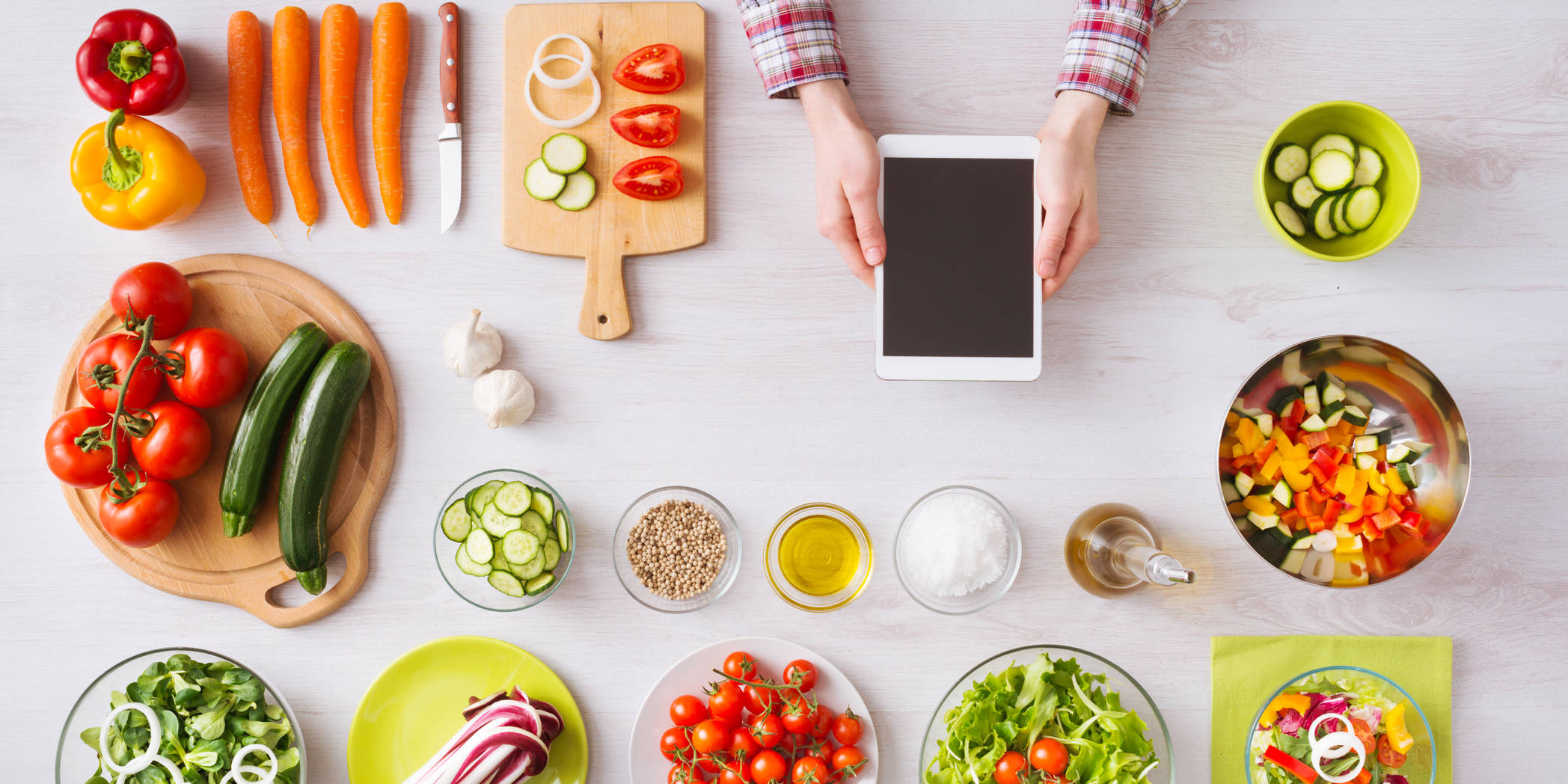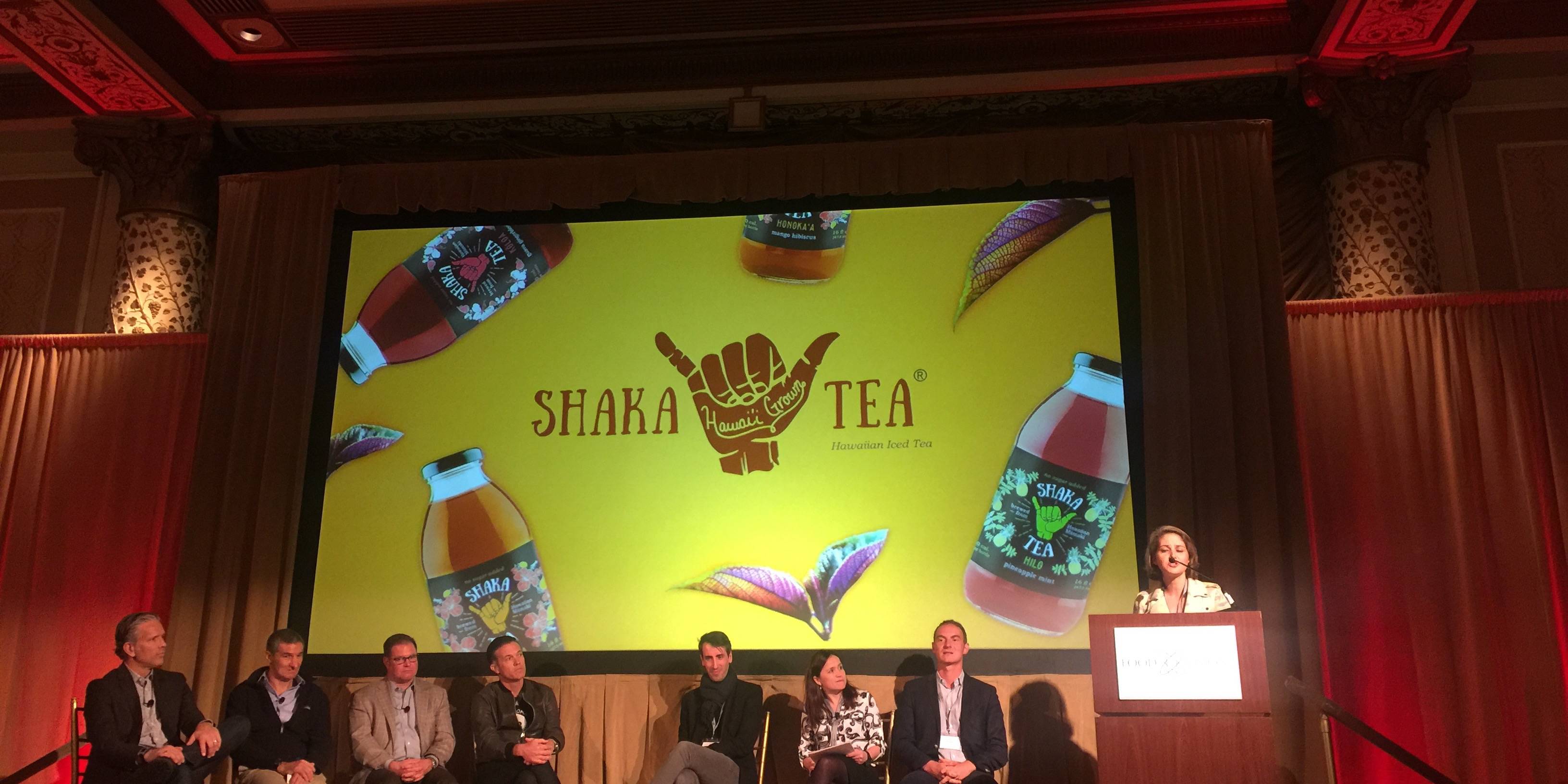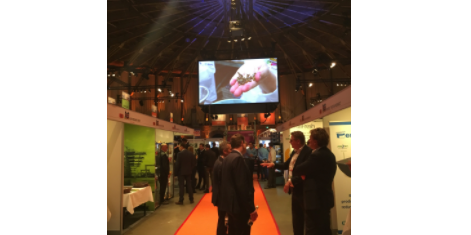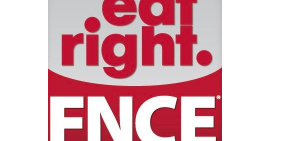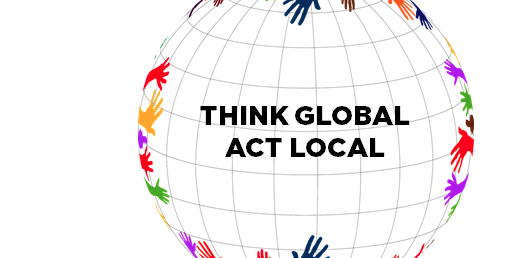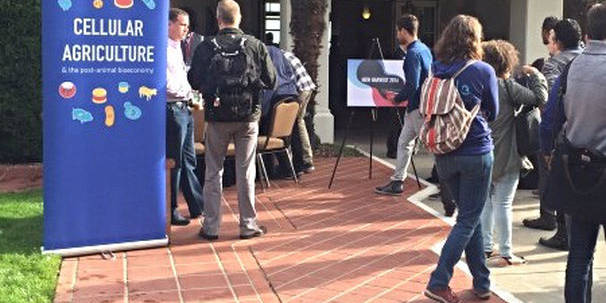In honor of Eat Well Connect’s August newsletter highlighting the importance of sustainability and nutrition, we are thrilled to feature Daniel Kurzrock, Co-Founder at ReGrained, in this Expert Q&A. We had the opportunity to ask Daniel some questions about the journey of ReGrained and the importance of upcycled foods:
Can you share about your background in food retail and the path that led to your current role?
When I began to brew beer at the University of California Los Angeles in 2009 as an undergrad, my eyes were opened to how much food I was leaving behind with each batch. It takes on average about 1-pound of grain to make a 6-pack of beer—and the process only takes the sugars from the grain, leaving a lot behind! After discovering how tasty and nutritious the post-brewed grains were, I began to incorporate them into loaves of bread, and then sell them to cover my homebrewing expenses. As a sustainability nerd, I had heard the term “upcycling” used to describe projects that used the waste materials from one industry to create a new use for another industry. That’s when I saw the potential for “upcycled food” and my own brewer’s spent grain (BSG) was where it started—ReGrained was born!
With ReGrained we elevated the industries awareness that “spent” grains have the potential for a delicious second life. Over the years we also discovered far more potential for new upcycled food supply chains than we could have ever imagined beyond brewer’s grains including coffee leaves, cacao fruit, and more. We have become a discovery engine for nutritious and delicious ingredient solutions that continue to be left off the table. To reflect this, ReGrained today has been folded into an umbrella company Upcycled Foods Inc. to meet the growing demand for upcycled food innovation as a collaborator, development partner, and ingredients supplier.
For those who might not be familiar, what is “upcycled food”? And why is it important for health professionals to both understand and apply knowledge of this practice in their own work?
According to the Upcycled Food Association, an industry non-profit which we co-founded, the formal definition is that: “Upcycled foods use ingredients that otherwise would not have gone to human consumption, are procured and produced using verifiable supply chains, and have a positive impact on the environment.” Put differently, upcycled foods are all about making sure that the food we produce goes its highest and best use—feeding people.
I think nutritious food is more than helping people lead healthy lives. It’s also about improving the health of our planet by creating a more sustainable food system. Health professionals are incredibly important and influential in helping people make better food choices, and this includes foods that are better for the environmental. In fact, according to IFIC’s 2022 Food & Health Survey, 52% of consumers are aware that their food and beverage choices affect the environment, and 95% want to do their part to reduce food waste.
So here’s why I think health professionals should actively encourage people to choose upcycled foods. In the U.S., we waste over one-third of our food each year. This is the equivalent of every American tossing-out 1,000 pounds of food, or an agricultural land footprint the size of California and New York—combined. These are staggering numbers! Further, all the resources and inputs required to produce this food are also wasted, yet still contributing to climate change. Upcycling closes the loop to support a more circular economy (it’s actually a corner stone of this principle) and helps ensure we simultaneously maximize the value of food and reduce our reliance on virgin food sources. Making resources and inputs work harder means we need less of them, thereby helping to reverse climate change.
Upcycled foods may also deliver more nutrition “bang,” bite-for-bite. For instance, consider our ReGrained SuperGrain+® flagship ingredient made from upcycled brewer’s spent grain. In the brewing process, only the sugars are extracted from the grain leaving behind a concentration of protein, fiber, and other important nutrients. Our ingredient contains 3.5 times the fiber and 2 times the protein of traditional whole wheat flours. In a bread, even at just a 15% inclusion a product can be elevated to a good or excellent source of fiber. The bottom line is that there is latent nutritional value in many waste streams and food production byproducts. Upcycling doesn’t just close the loop from an ecological perspective, they also can help close the nutrition gaps created by our modern food system.
Now you may be wondering, do consumers even know about upcycled food to look for it? Here’s some compelling research findings from Mattson, a leading food innovation firm: 57% of consumers indicate that they intend to specifically buy more upcycled food. And, 54% indicate that the Upcycled Food Association certification logo increased their purchase intent, ranking higher than Non-GMO and Regenerative Organic certifications. Health professionals have a wonderful opportunity to help empower their clients and patients by encouraging them to seek-out Upcycled Certified foods when shopping.
What are some of your favorite resources that you can share with the Eat Well Connect community to learn more about upcycled food, as well as other aspects of food sustainability that can be applied in their own practice?
Here are additional resources that will tell you more upcycled food, the certification standard, and our innovation and ingredient platform where the “magic” happens with food maker partners.
Food Waste Industry Information
https://refed.org/
Upcycled Food Association
https://www.upcycledfood.org/
Upcycled Foods Certification
https://www.upcycledfood.org/the-standard-1
Upcycled Foods Inc Industry Insights Whitepaper
https://brieflink.com/v/av5jt
Upcycled Foods Inc.
https://upcycledfoods.com/
Ellen MacArthur Foundation Big Food Redesign
https://ellenmacarthurfoundation.org/resources/food-redesign/overview
Lastly, what’s next for ReGrained in 2022 and beyond?
There is a lot going on at ReGrained/Upcycled Foods Inc. At the recent IFT FIRST expo, we introduced four new upcycled products. In partnership with Kerry, the global food ingredient innovator, we co-developed an upcycled protein crisp for a range of applications, such as bars, crisps, clusters, and granola. We launched an upcycled sourdough system in collaboration with Puratos, the leading product developed in the bakery category. Working with supply chain partners, we introduced upcycled cacao fruit syrup and coffee leaf tea. Together, these ingredient solutions expand our innovation potential with food maker customers!
Related News
January 25, 2021
Eat Well Connect Voices: Tessa Nguyen
In this latest installment of our Eat Well Connect Voices Q&A, Tessa Nguyen, RD, LDN, of Taste Nutrition Consulting shared her thoughts on what…
November 27, 2020
The Conference Discussing the Future of Food, Drink and Nutrition Goes Virtual
This October, Food Matters Live held its first virtual conference. The conference focused on identifying opportunities in a changing consumer-driven…
November 19, 2020
Partner Highlights: Global Alliance for Improved Nutrition
In the global fight against hunger and malnutrition, few organizations are as impactful as the Global Alliance for Improved Nutrition (GAIN). Since…
November 18, 2020
Eat Well Connect Voices: EatWell Exchange
In this latest Eat Well Connect Voices Q&A, Ashley Carter, RD, LDN and Jasmine Westbrooks, MS, RD, LDN of EatWell Exchange Inc. share their…
October 12, 2020
Next Normal: Optimal Nutrition for a Pandemic Reality
The COVID-19 pandemic has had a profound impact on us all, and the food, nutrition and healthcare industries are no exception. While nutrition…
October 1, 2020
Maintaining Sustainability Commitments While Protecting Profits
Earlier this month, I had the opportunity to present at the 2020 Vitafoods Europe Virtual Expo and discuss how consumer packaged goods companies can…
September 20, 2020
Eat Well Connect Voices: Shahzadi Devje, RD
We're thrilled to connect with Eat Well Connect (EWC) member Shahzadi Devje, RD as she shares her thoughts on using nutrition communication as a tool…
August 20, 2020
We’re hiring an intern for the fall 2020 semester. Apply to join our team!
We’re looking to hire a graduate student for an internship this fall. Our ideal candidate is a current master’s student in nutrition, dietetics or a…
July 29, 2020
We’re hiring a contract/temporary Account Coordinator. Apply to join our team!
We’re looking to hire a Contract/Temporary Account Coordinator to cover for one of our team members. Our ideal candidate is a registered dietitian…
July 16, 2020
We’re looking for a Virtual Events Coordinator! Apply today!
Join our game-changing team as an experienced Contract Virtual Event Coordinator to help us manage virtual events on behalf of our food and nutrition…
June 29, 2020
Nutrition Communication in the Time of COVID
According to a recent survey conducted by the International Food Information Council (IFIC), consumers consider health professionals and registered…
June 4, 2020
Impactful Communication: Meaningful Messages to Inspire Change
Do you want to be more impactful in your work as a dietitian or nutrition professional? Learning to effectively build a message and communicate it to…
May 21, 2020
Register: Healthy Food Promotion
The best way to prevent illness is to avoid being exposed to the COVID-19 virus. Practicing social distancing and proper hand washing can help…
May 21, 2020
Register: Food and Nutrition Standards
Warning labels and restrictions on what can be purchased with federal dollars have long been held up by some as solutions to inform consumers with…
May 21, 2020
Register: Hunger, Inequality and Nutritious Food
In light of COVID-19-related job losses, food banks and federal assistance programs are playing a central role in addressing the growing needs of…
May 19, 2020
Putting Nutrition to Work: Acting on Our Vision that Good Nutrition is Good Business
Workforce nutrition programs offer benefits for employees as well as businesses, such as reduced absenteeism, increased productivity and improved…
September 18, 2019
Exploring the Ongoing Evolution of Food, Sustainability and Nutrition at The Future of Food Summit
As Eat Well Global further establishes its unique position empowering global change agents in our field, we actively seek more perspectives and…
August 7, 2019
Climate, Culture & Economics: Expanding our Nutrition Perspective at the Asian Congress of Nutrition
Hosted by the Federation of Asian Nutrition Societies (FANS) every four years, the Asian Congress of Nutrition is Asia’s prime convening of food and…
July 16, 2019
“No one is your enemy” and other things I learned in Geneva last week
Last week I joined nearly 30 public and private sector leaders from all over the world as the inaugural cohort of a very special course, Together for…
June 23, 2019
Marrying Medicine and Nutrition: Health Meets Food Conference
Hosted by the Tulane University School of Medicine, Health Meets Food’s 6th annual Culinary Medicine conference brought together primarily physicians…
April 25, 2019
The Power of Pairing, Partnerships and Produce at PBH Consumer Connection Summit
Launching a fresh new campaign, “Have a Plant”, PBH connected consumers’ increasing interest with adding more plants to their diet to their ongoing…
April 15, 2019
Accelerating Healthier Futures Together
Over the years, we’ve seen Partnership for a Healthier America (PHA) embark on new initiatives, bringing along their star-studded friends to amplify…
April 8, 2019
The 2nd Annual Culinary Nutrition Conference
Chefs and nutrition professionals came together for the 2nd Annual Culinary Nutrition Conference this month at the Institute of Culinary Education…
April 3, 2019
Internet of Food Brought to Life at IC-Foods 2019
When the concept of the “Internet of Food” comes up, people often ask, “don’t we already have an internet? And can’t you find food there?” The…
March 22, 2019
The Chicago Council on Global Affairs: Global Food Security Symposium 2019
For the past 10 years, The Chicago Council on Global Affairs has been convening key stakeholders from the public, private and NGO sectors at their…
February 28, 2019
The Evolving Regulatory and Marketing Landscape of Lab-Grown Meat
Cell-cultured meat, also known as lab-grown meat or clean meat, is generated through a complex process using cells from healthy animals and combining…
December 20, 2018
Eat Well Global Proudly Announces B Corp Certification
We are excited to announce Eat Well Global is now officially B CorpTM certified!
December 12, 2018
PRESS RELEASE: Eat Well Global Joins Corporate Leaders in Social Responsibility with Recent B Corporation® Certification
Certified B Corporations® include businesses that voluntarily meet the highest standards of social and environmental performance, public…
November 7, 2018
PRESS RELEASE: Healthy Marketing Team and Eat Well Global join forces to help industry address rapidly changing consumer nutrition market in North America
The international brand strategy and nutrition innovation agency, Healthy Marketing Team (HMT), announce their cooperation with Eat Well Global, Inc…
October 25, 2018
Eat Well Global Brings Nutrition Communication to the Forefront at EFAD 2018
Eat Well Global participated in the 40th Anniversary European Federation of the Associations of Dietitians conference in Rotterdam, the Netherlands.…
September 6, 2018
“Nutrition is Everyone’s Business”: Insights from the SDG Conference – Partnerships are Critical to Ending Hunger
This August, Eat Well Global attended the SDG-Conference ‘Towards Zero Hunger: Partnerships for Impact’ at Wageningen University & Research in the…
August 20, 2018
Communicating to Influence at EFAD Conference 2018
For dietitians, the ability to communicate effectively is an essential skill. Whether working in a hospital, school, food company or even your own…
May 11, 2018
Partnership for a Healthier America Summit Brings 360 Degree View of Better Health
The 2018 PHA Summit brought together diverse stakeholders to support their mission: make the healthy choice, the easy choice.
March 14, 2018
Food Tank 2018 Highlights Need for Farmer Support
At the recent Food Tank Summit in Washington, D.C., farmers, senators, members of Congress, nonprofit and business leaders, media, and young…
March 5, 2018
What in the World is Neurogastronomy?
Any SAT-word loving geek can break down the word neurogastronomy. Neuro indicates brain and gastronomy links to food and culinary. There is a lot of…
November 22, 2017
Dubai International Food Safety Conference Brings Big Data to the Plate
Technology and food safety were the name of the game at the 11th Annual Dubai International Food Safety Conference, which took place November 19-21,…
June 15, 2017
Harvesting Insights from the Next Generation of Food Security Innovators: Thought For Food Global Summit 2017
Have you ever heard of choco-panda ice cream? Me neither. How about a superhero on a mission to teach kids about nutrition and food security? If…
May 16, 2017
Flexible & Entrepreneur Dietitians – Global Dietitians interviews Eat Well Global
Global Dietitians interviews Eat Well Global's founding partner Julie Meyer
May 9, 2017
Eat Well Global on Influencer Trust at Food Vision Asia
It is no news: achieving a healthy lifestyle is top of mind for millions of people around the globe and social media plays a big role in driving…
March 17, 2017
Eat Well Global Talks Authenticity in Food Navigator Interview
With an apparent rise in distrust of science and facts coupled with an increase in social media marketing, there has been a shift in consumer…
March 14, 2017
Eat Well Global at Food Vision in London!
Trend makers, marketing and communication specialists and industry leaders gathered at the Food Vision event in London, from 1-3 March. Among the…
January 26, 2017
Eat Well Global addresses health influencers & brand power in Food Navigator article
In times where consumer demand for transparency and authenticity intersect with fast pace influencer marketing, reaching consumers through trusted…
January 17, 2017
Eat Well Global talks 2017 global food trends on Food Navigator-USA’s Podcast
To kick off 2017, Julie Meyer, co-founder of Eat Well Global and GA4HNC, participated in two episodes of Food Navigator-USA's Soup-to-Nuts-Podcast.
January 2, 2017
Convenient, Committed and Cool: 2016 NY Produce Show Review
Today's consumer seeks more from their produce and industry is delivering
December 20, 2016
The American Public’s Opinion on Food Science
A recent survey by the Pew Research Center asked Americans about their opinions regarding the science behind food and health recommendations and…
December 12, 2016
What Americans Think About Healthy Eating
With impending changes in the political climate, many people have been asking what this means for the future of food policy.
November 22, 2016
Food Vision USA: Innovation, Disruption and What’s Next
Leaders from start-ups to trend makers to innovative disruptors share their thoughts on the big question: what's next?
November 14, 2016
Want people to eat more fruits and vegetables? Inspire them.
As a nutritionist, I love this statement. As a communicator, I couldn’t agree more.
October 5, 2016
ICD 2016: How Dietitians Can Impact Sustainable Eating
What role can (and should) dietitians play in the sustainability dialogue? We went to Granada to find out!
August 17, 2016
The Future Is Now: New Harvest 2016
Several hundred (309 to be specific) researchers, entrepreneurs, visionaries, futurists and interested parties gathered under sunny skies in San…

